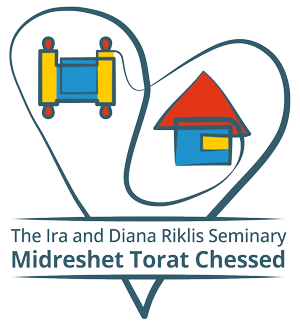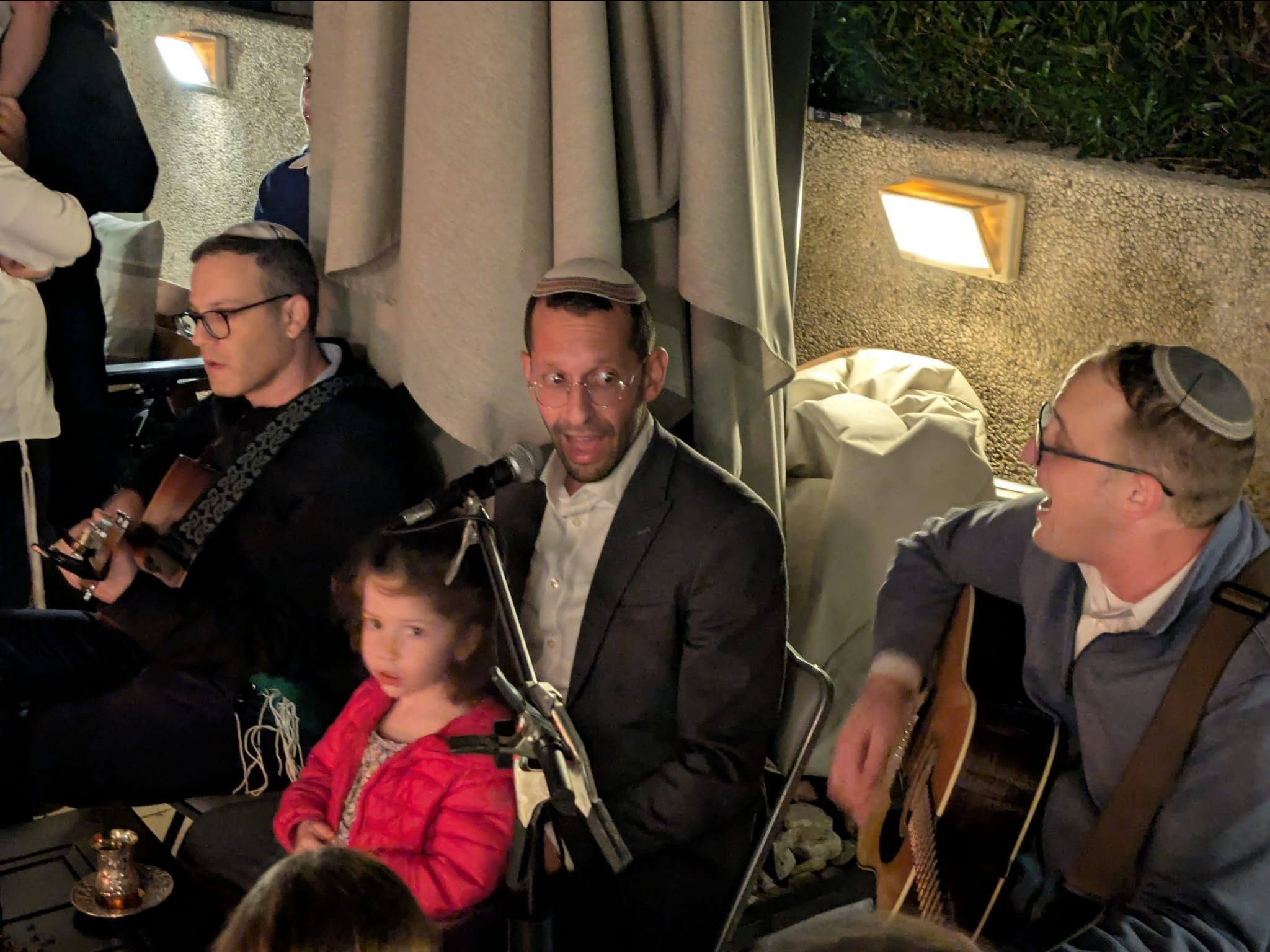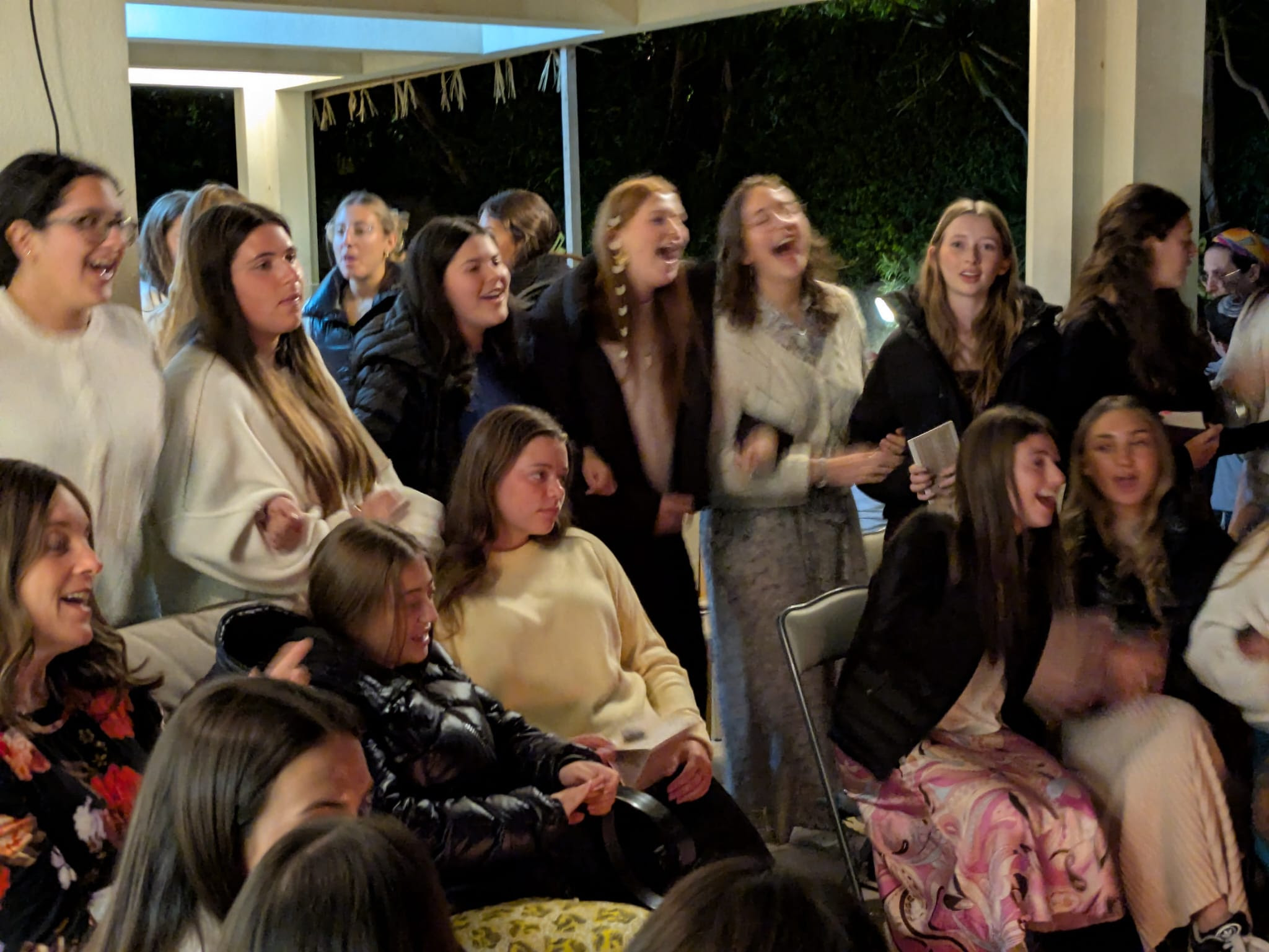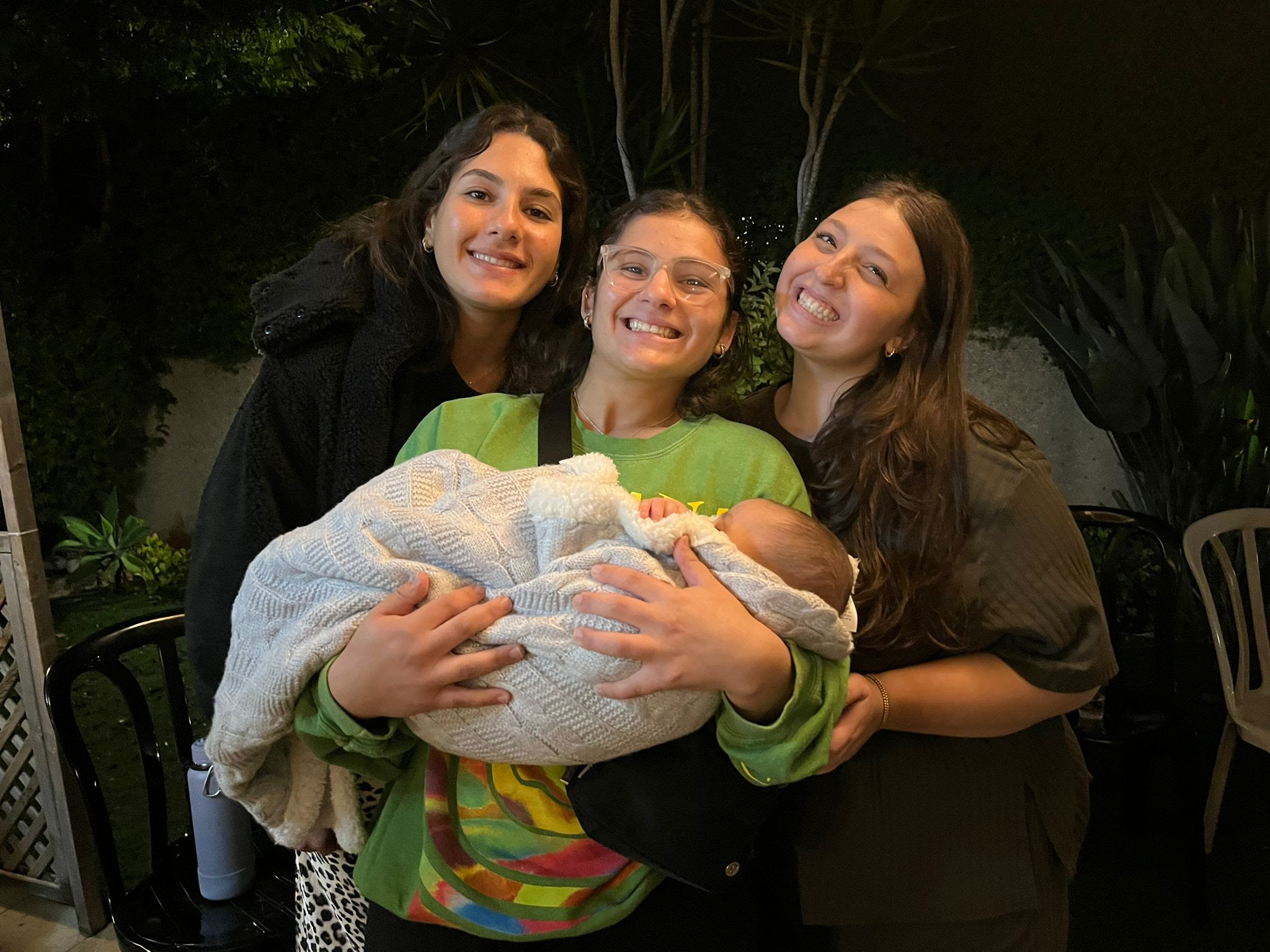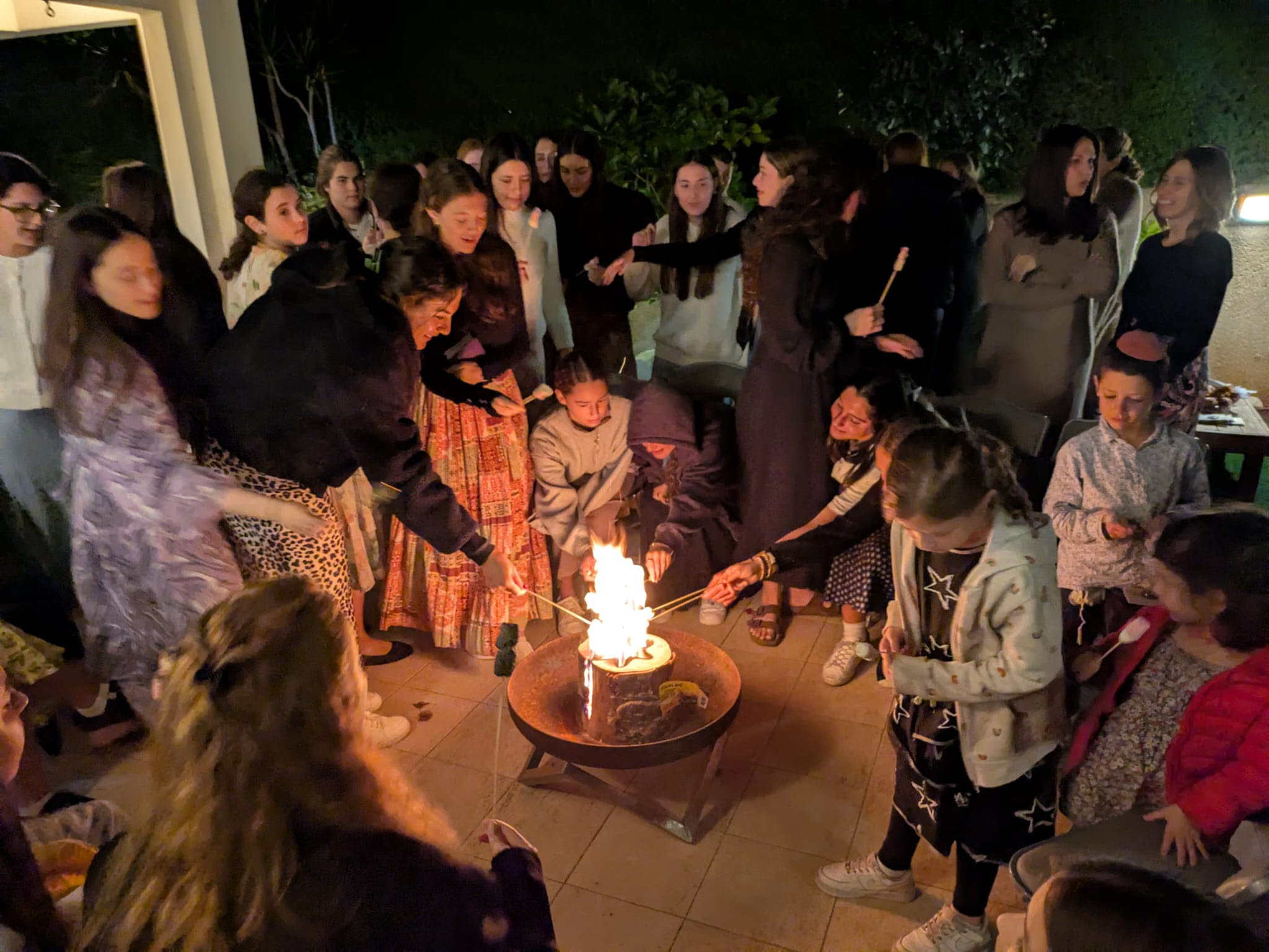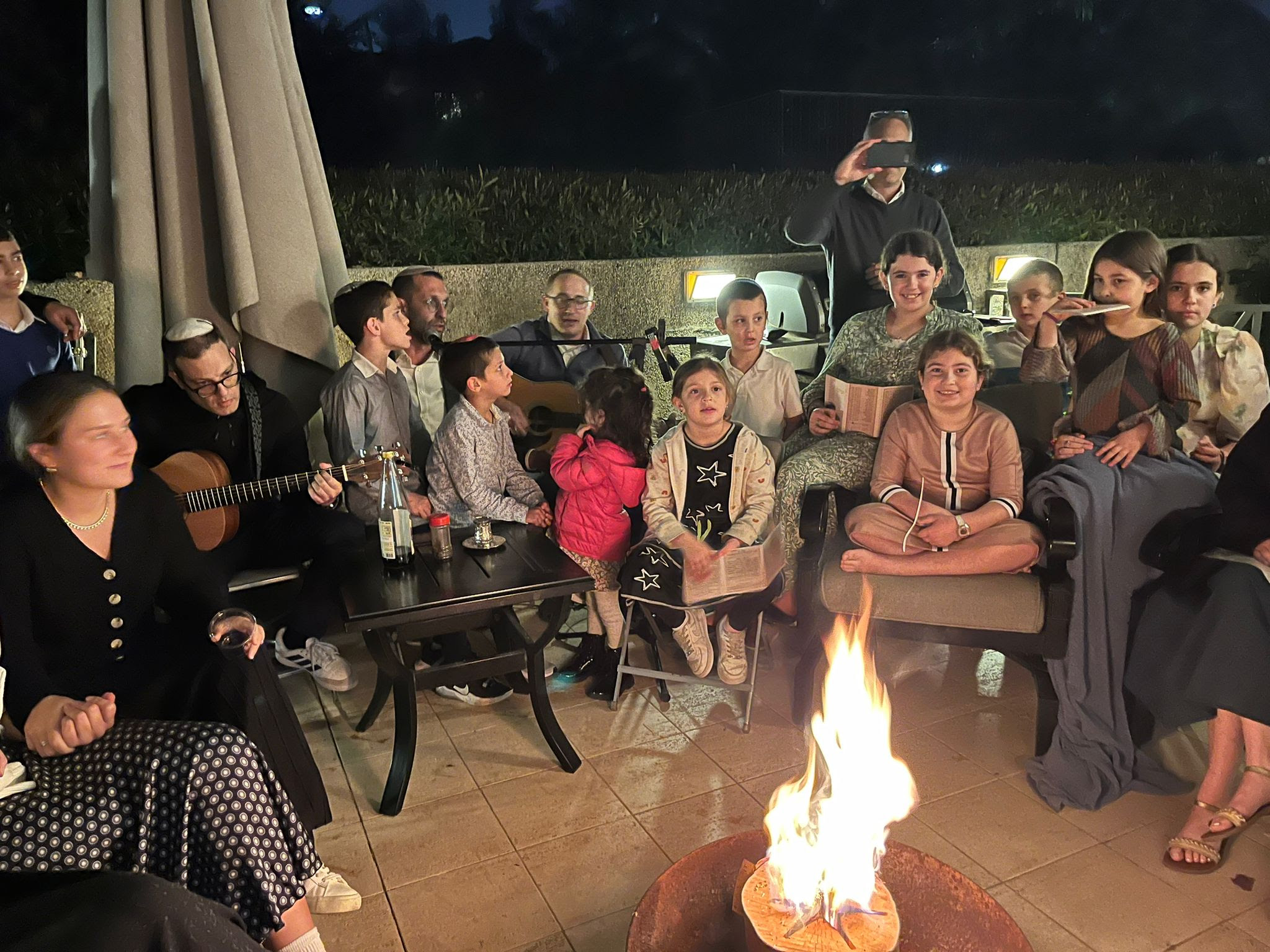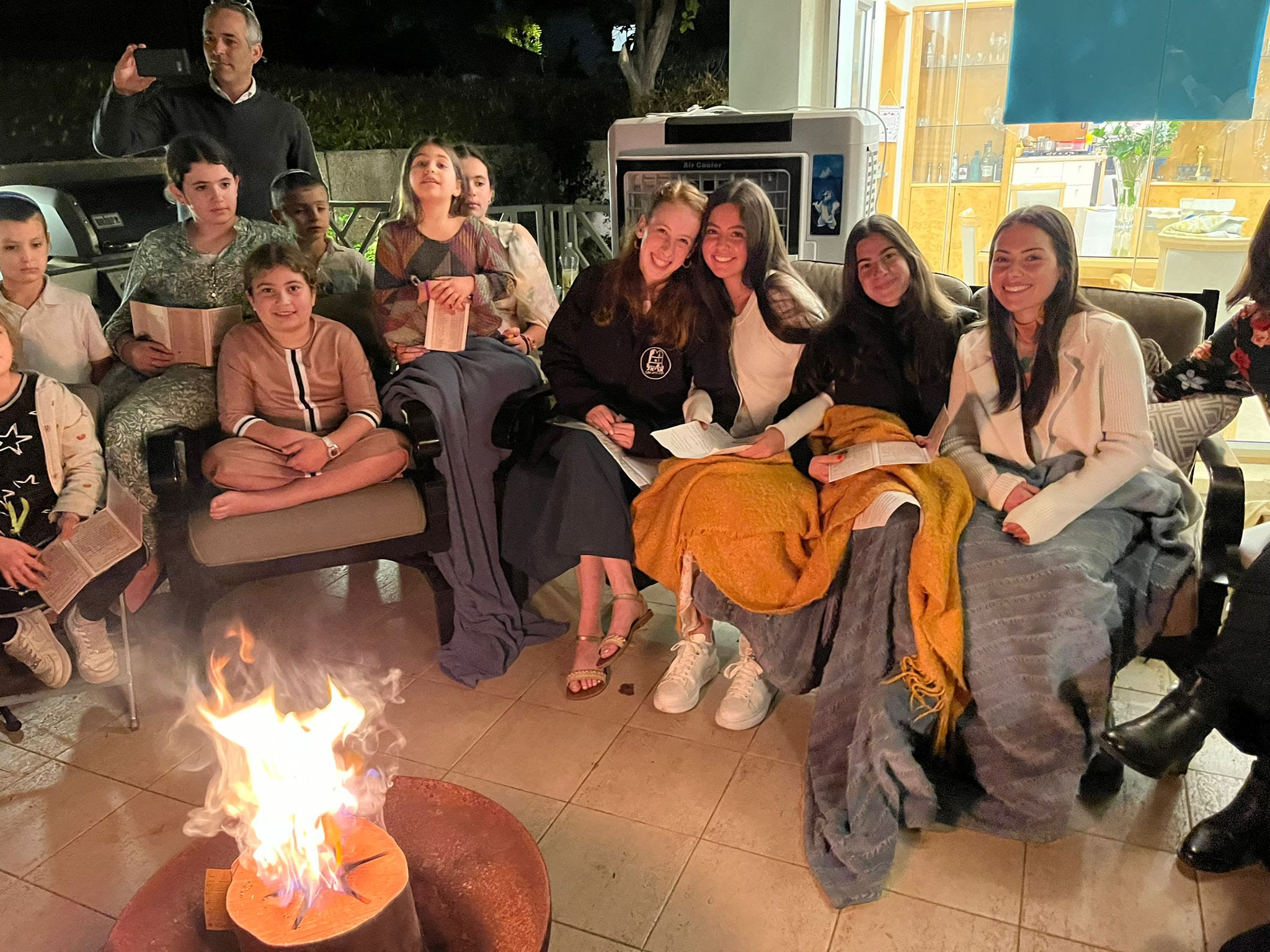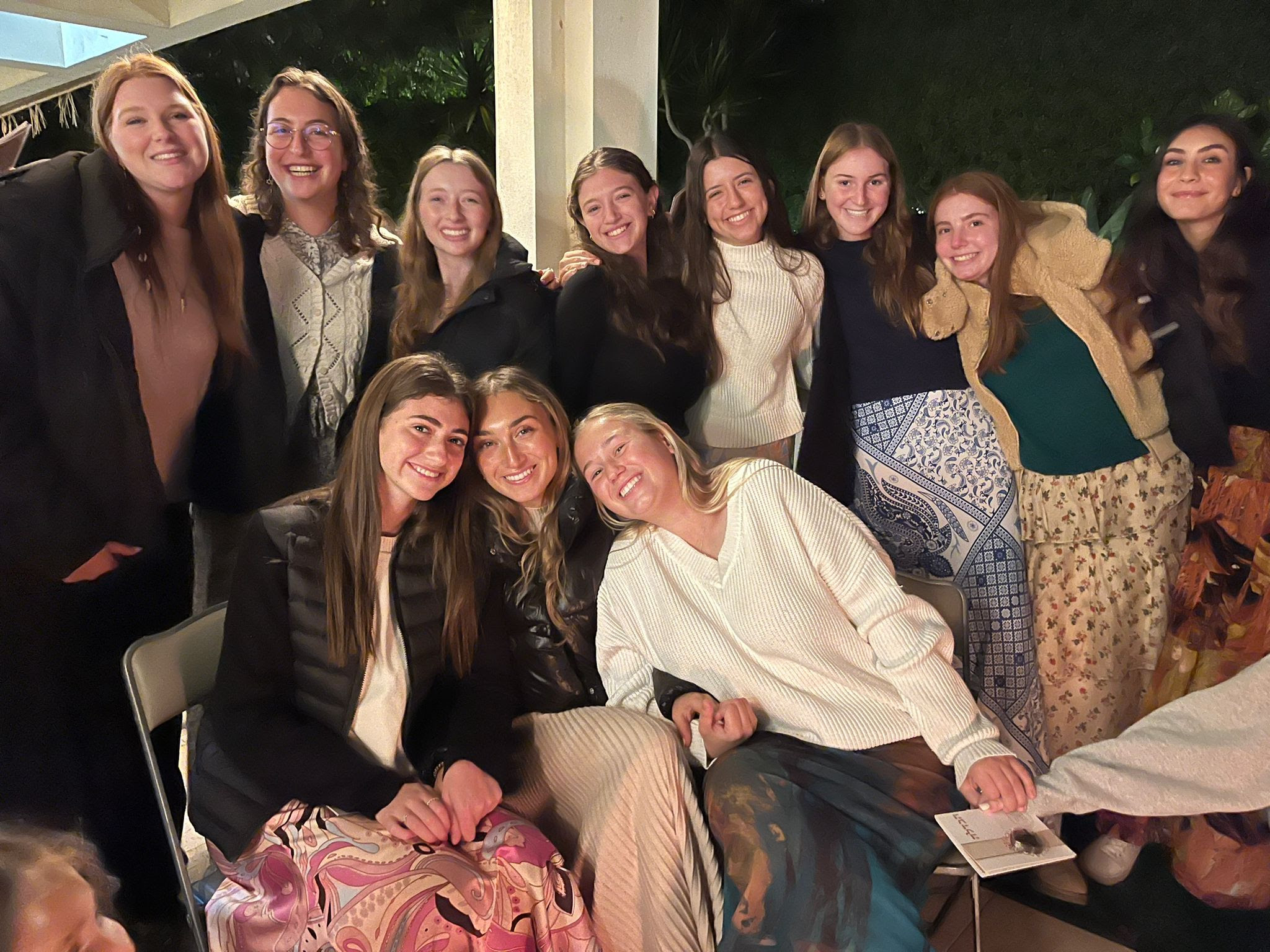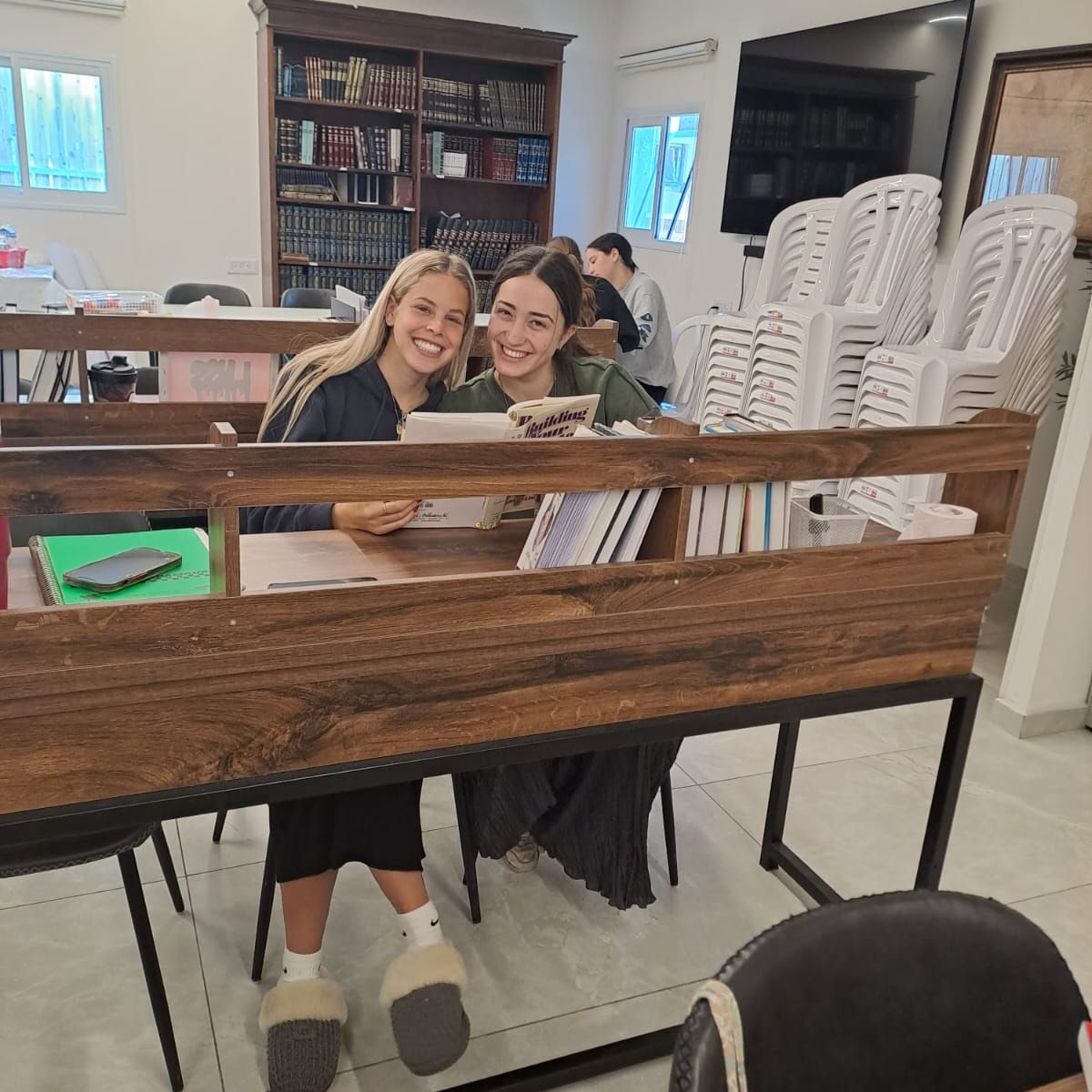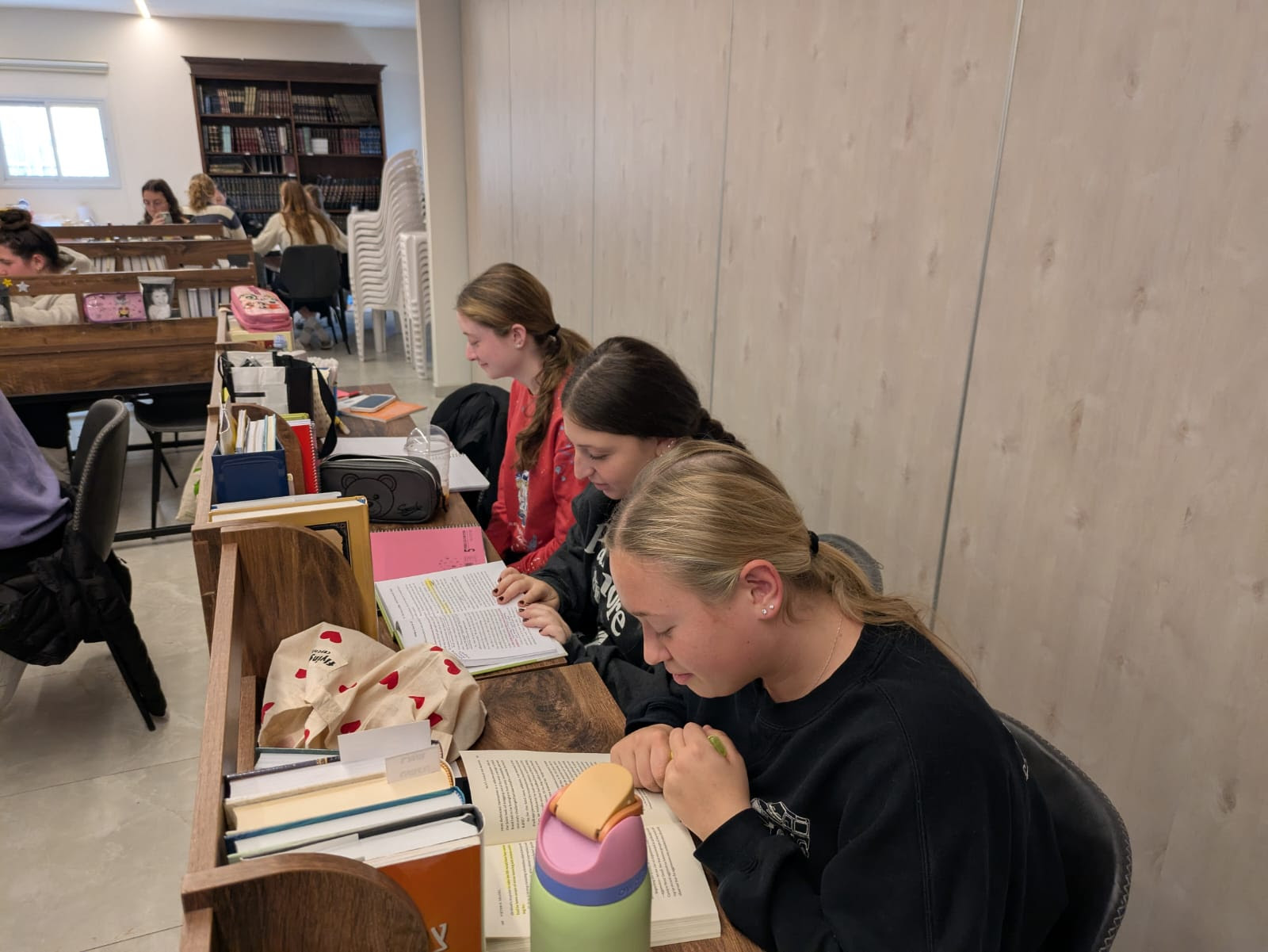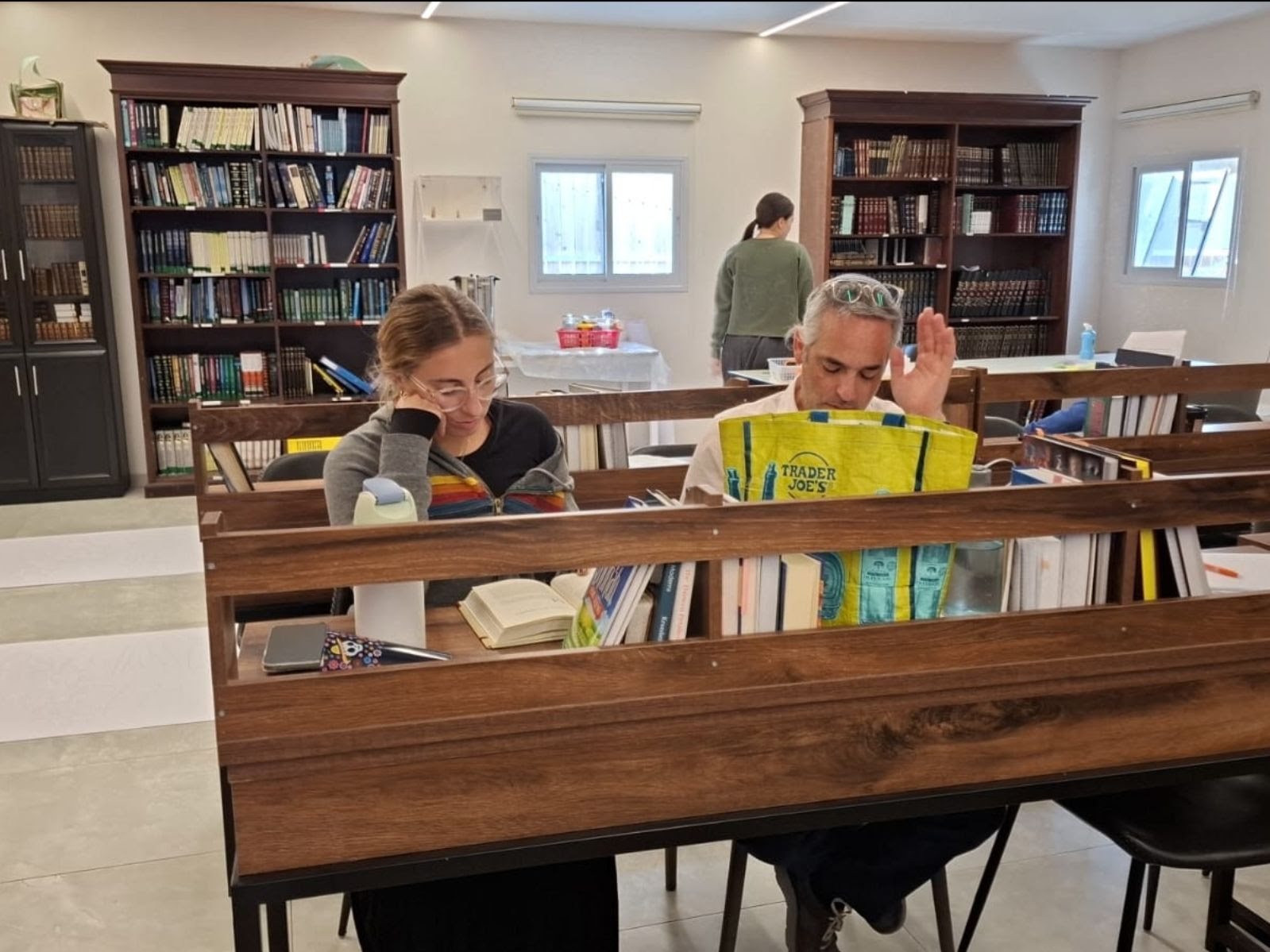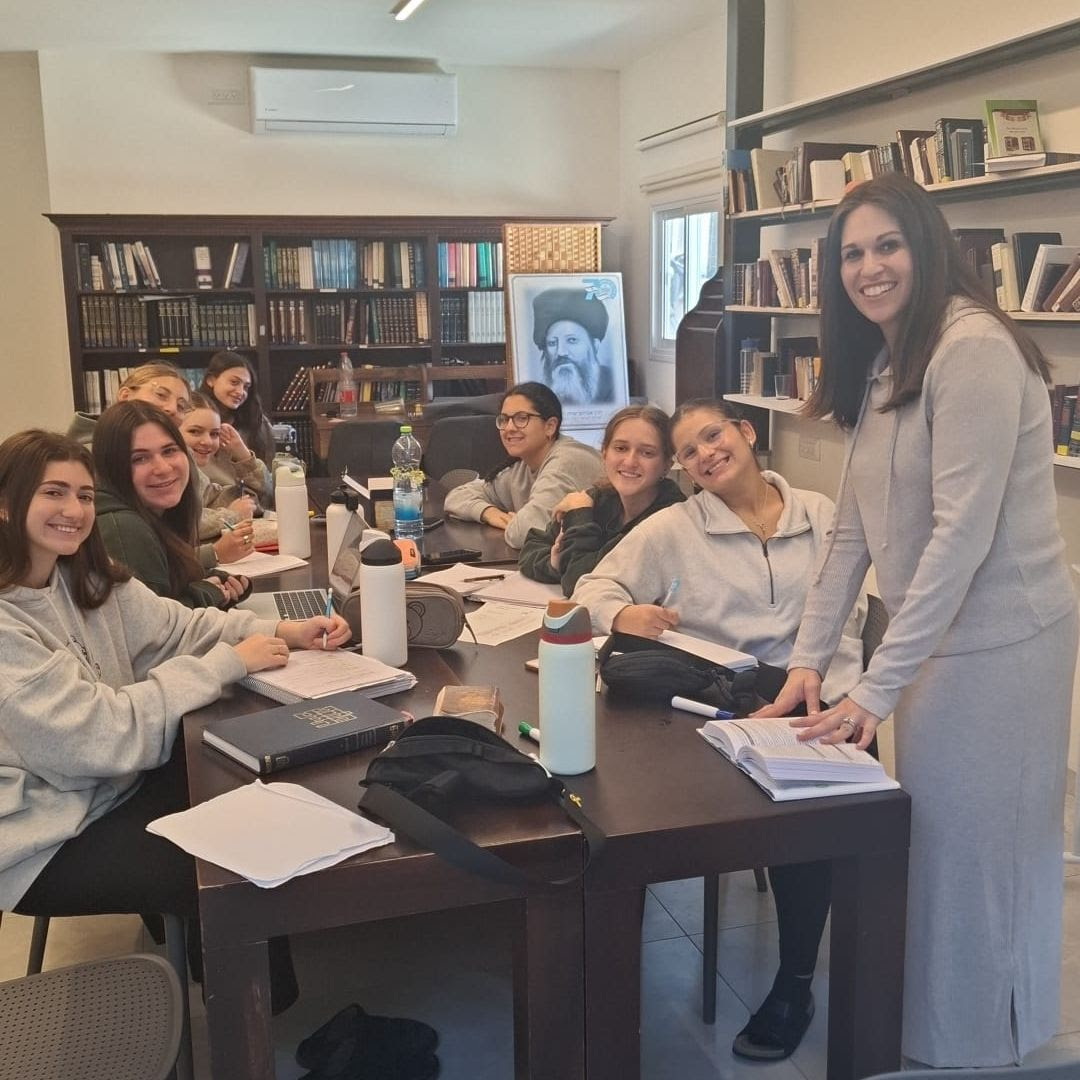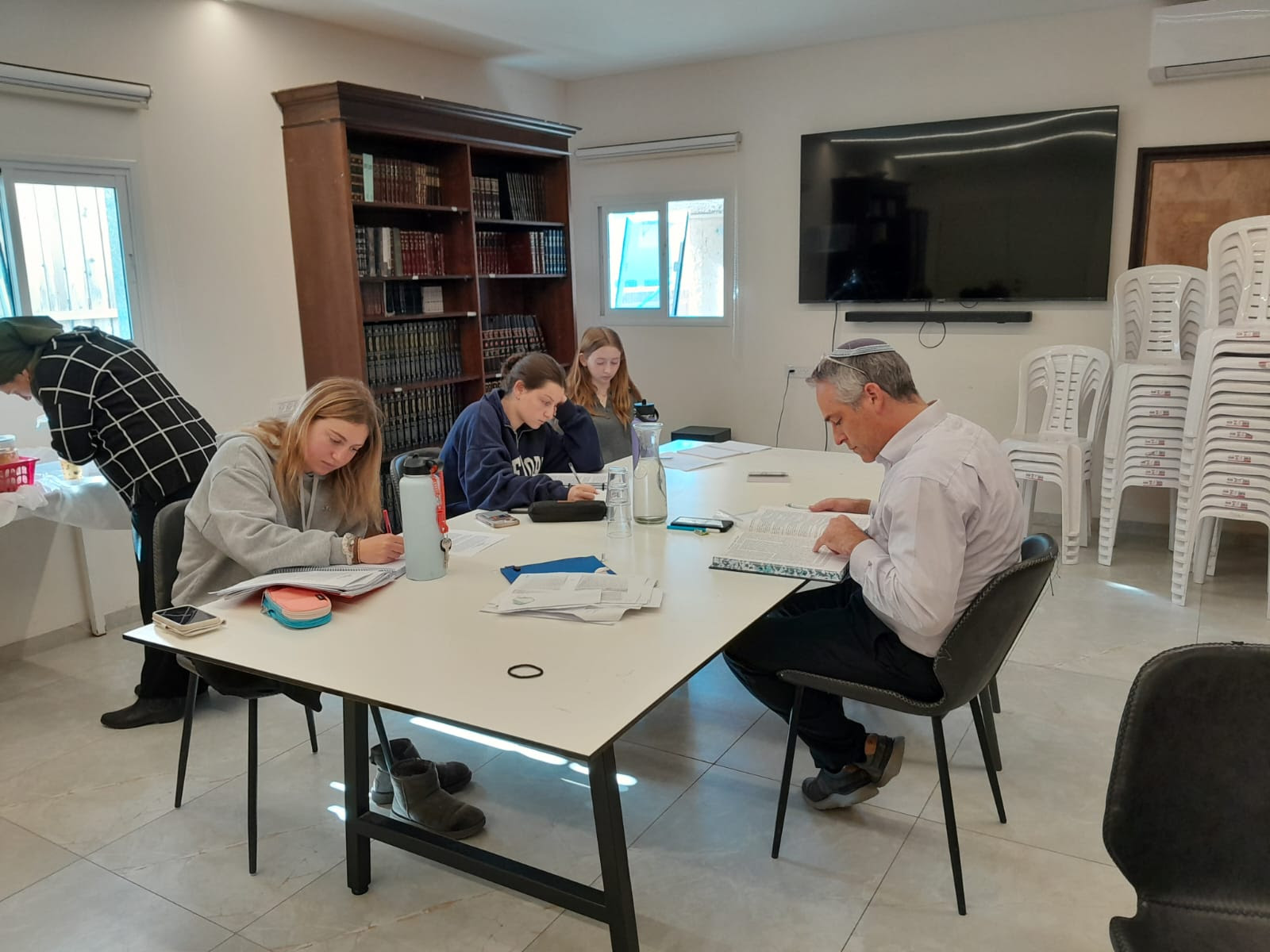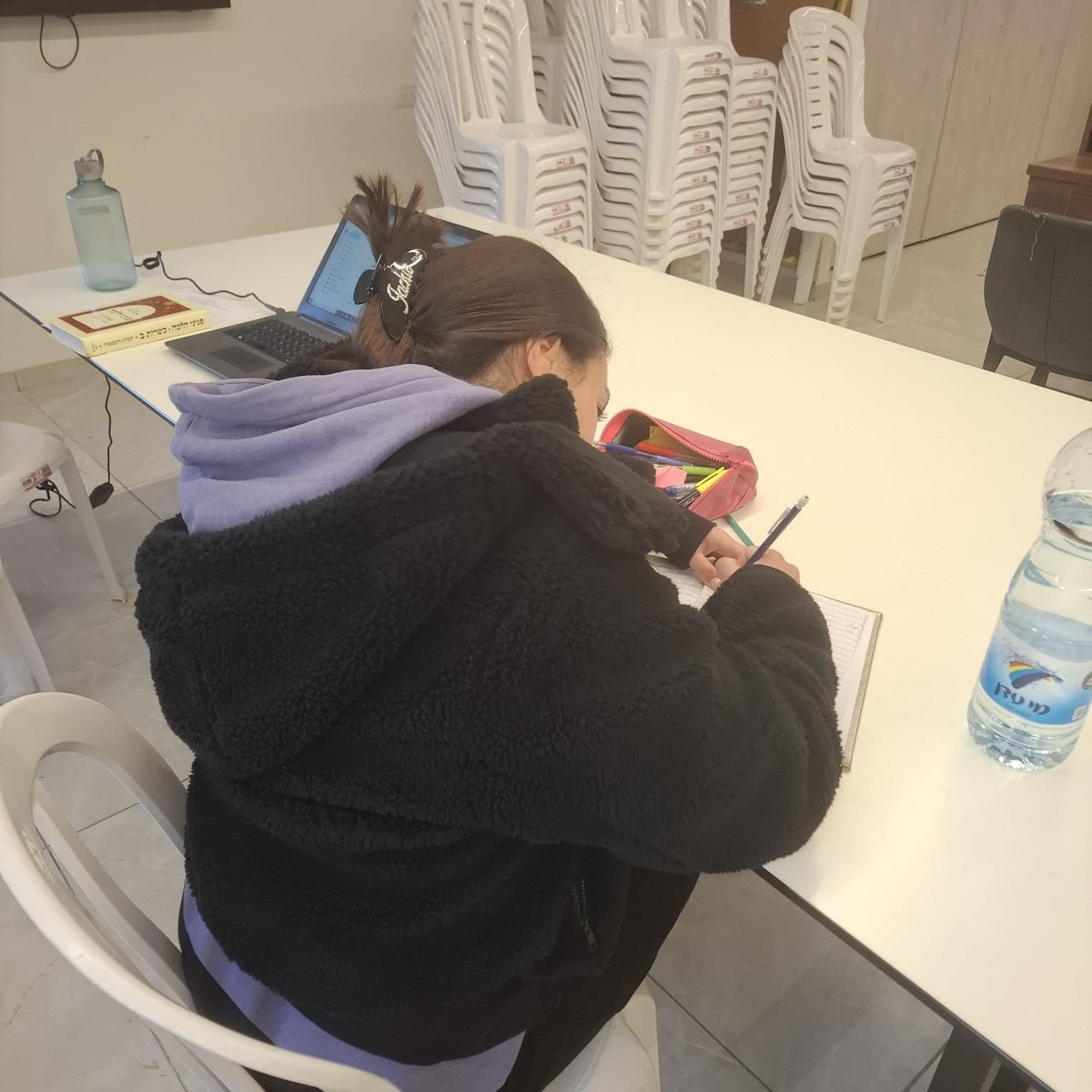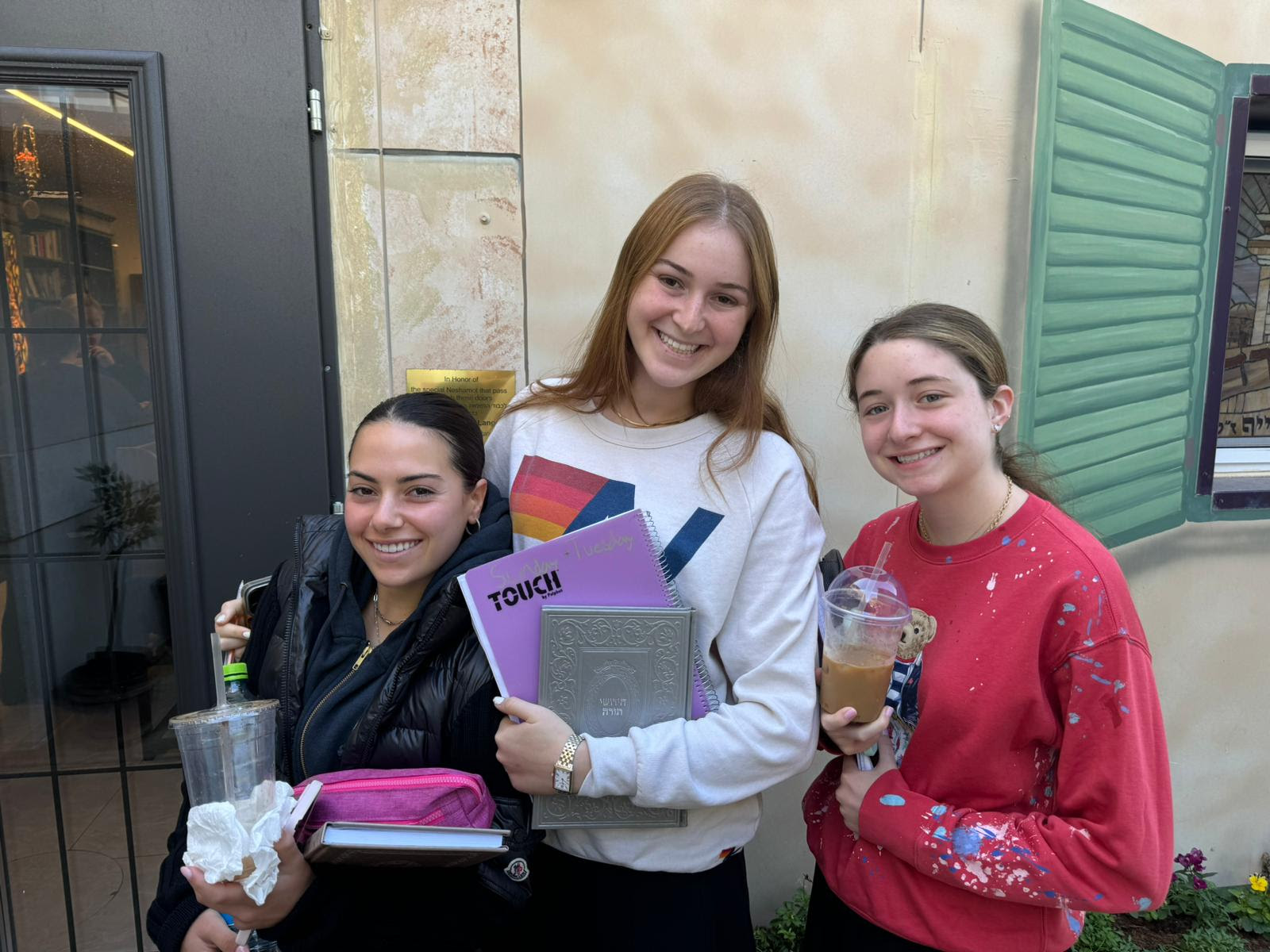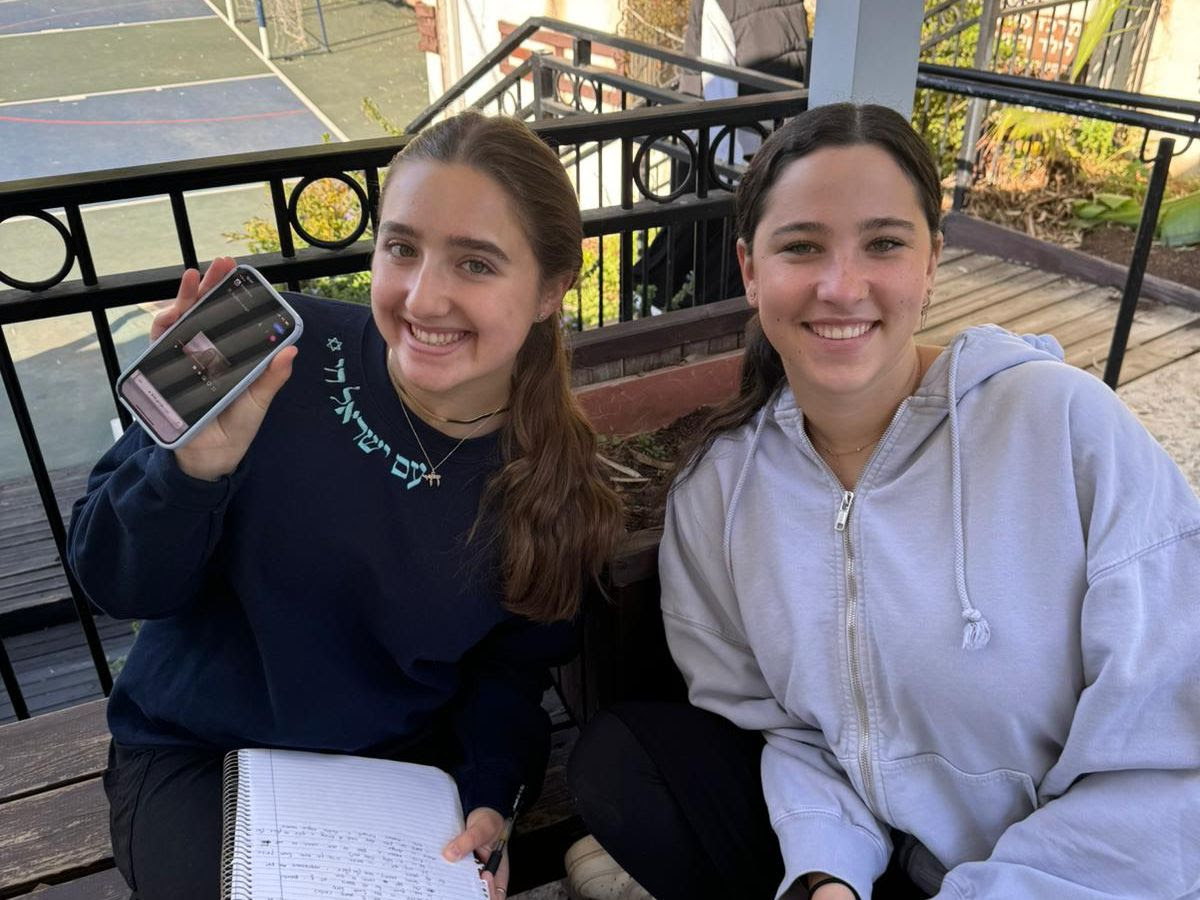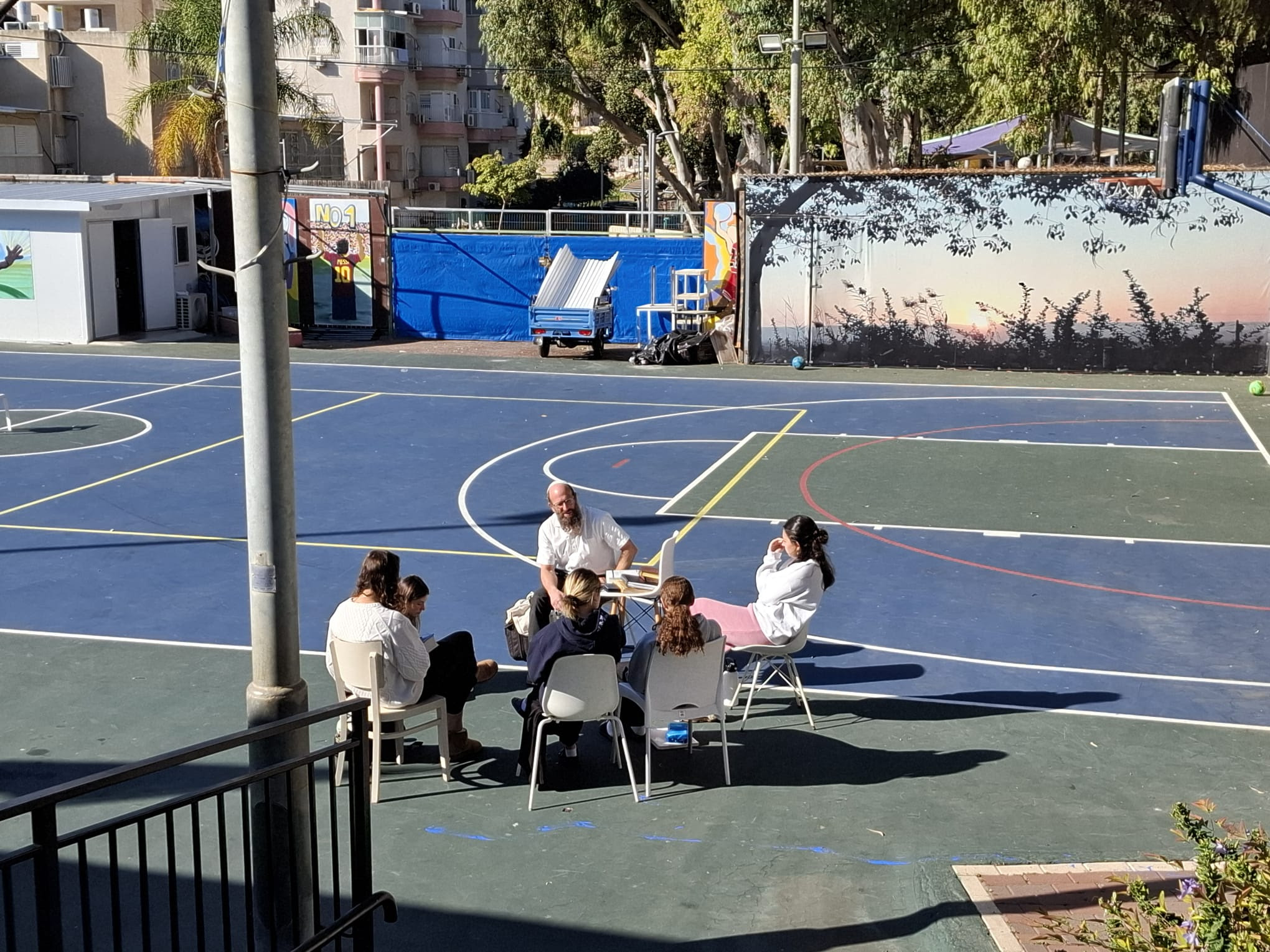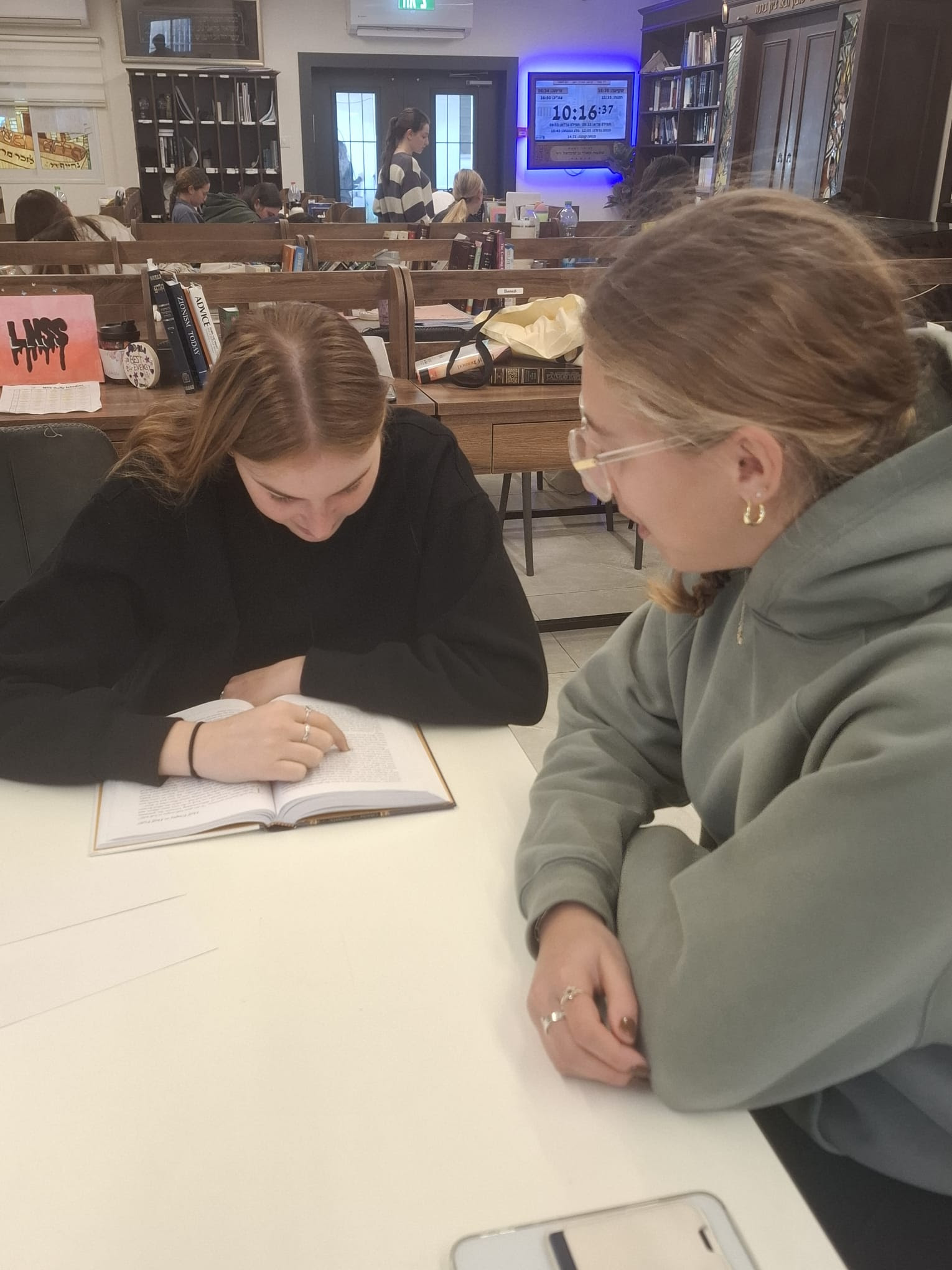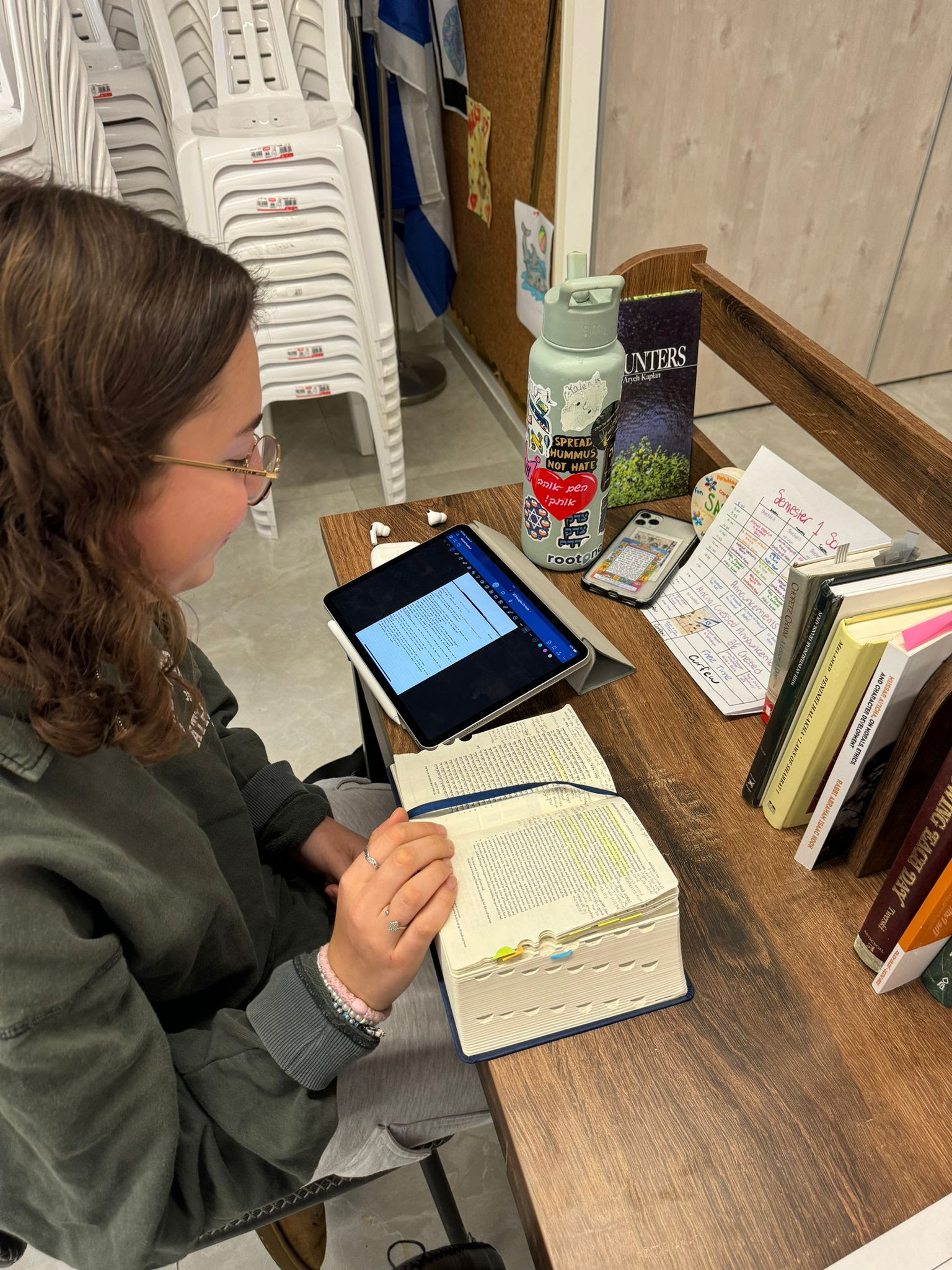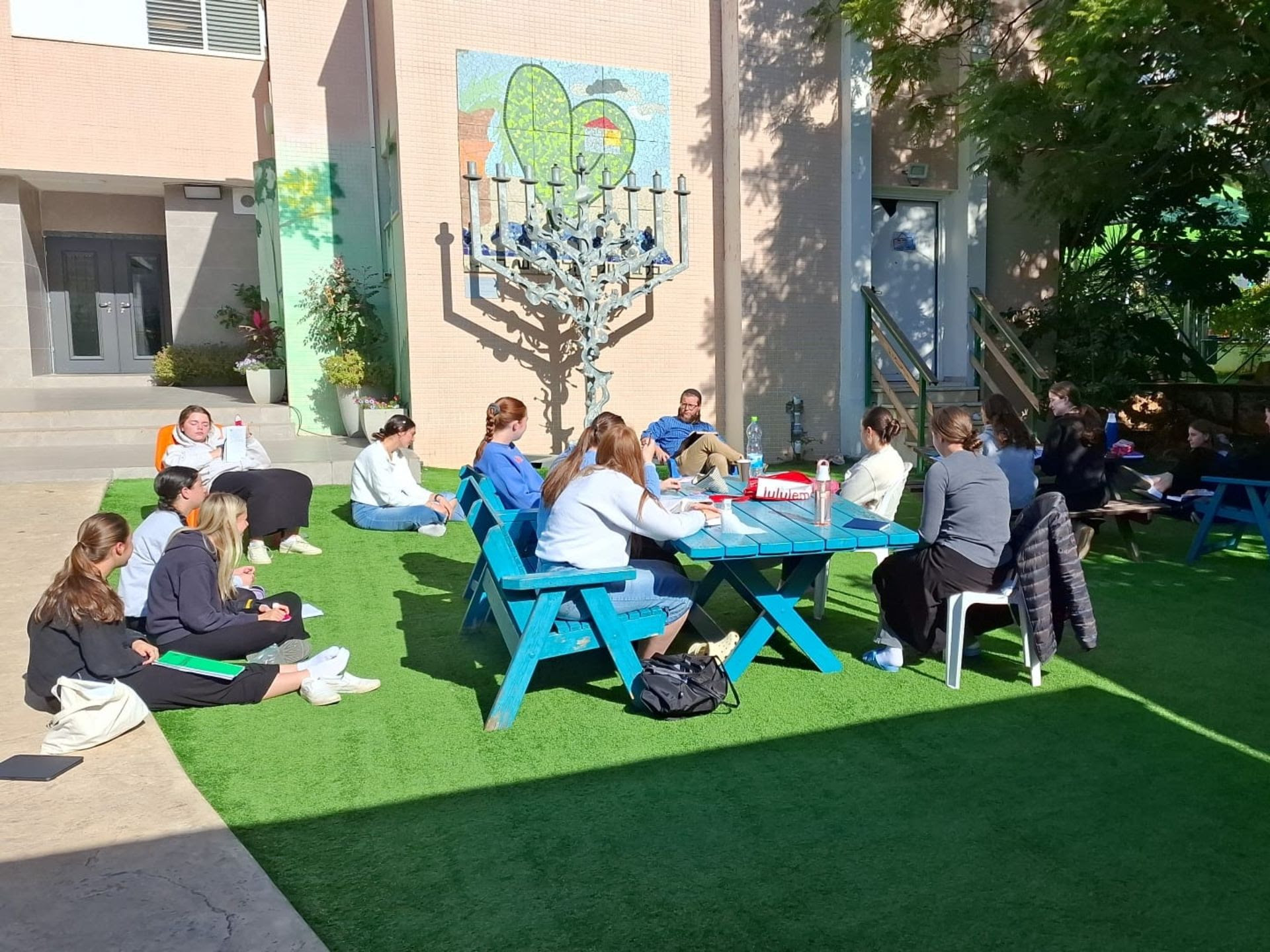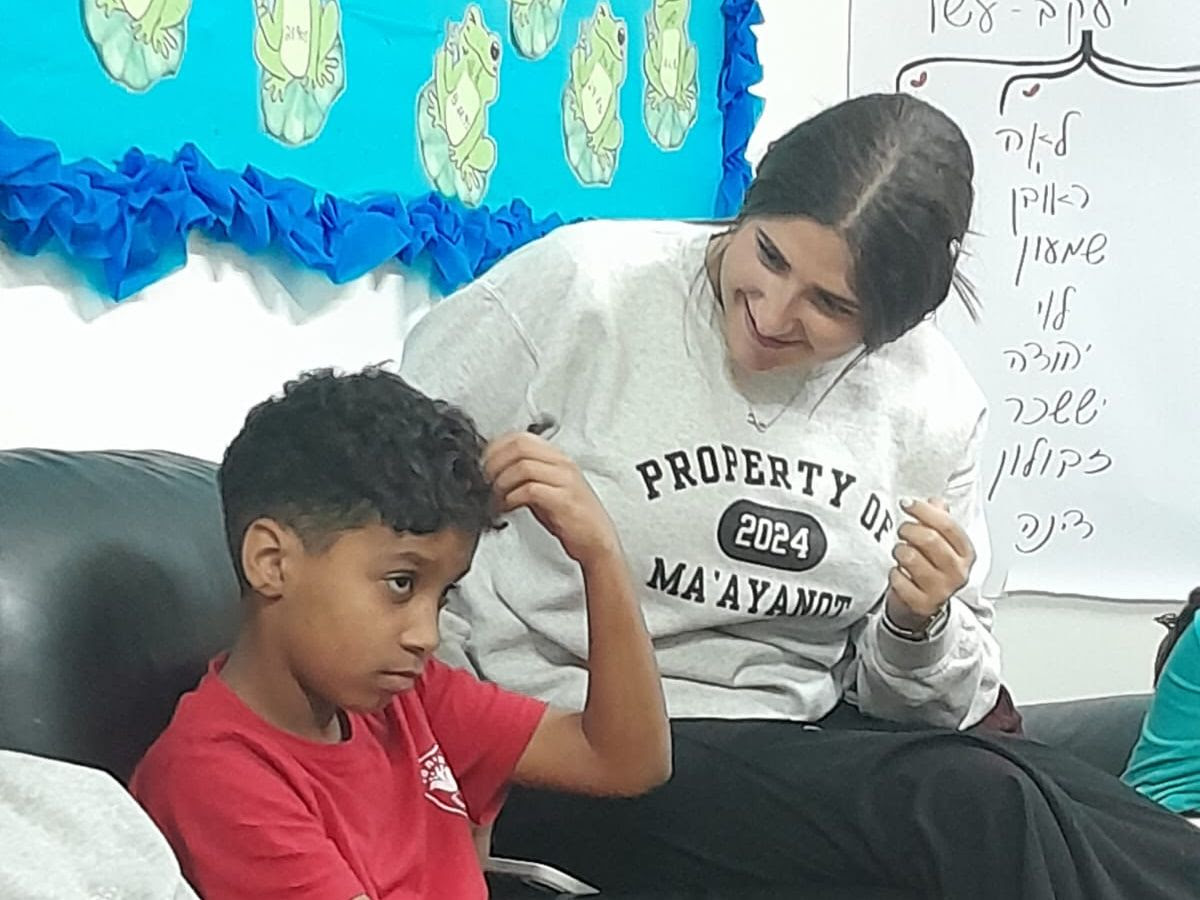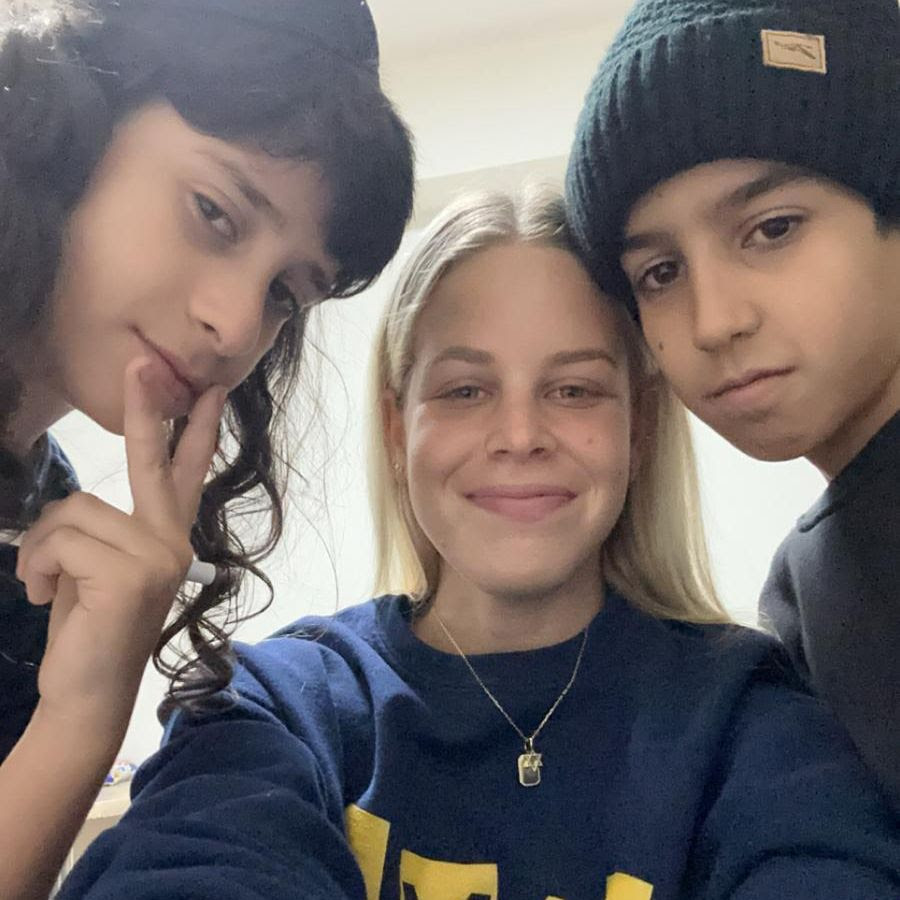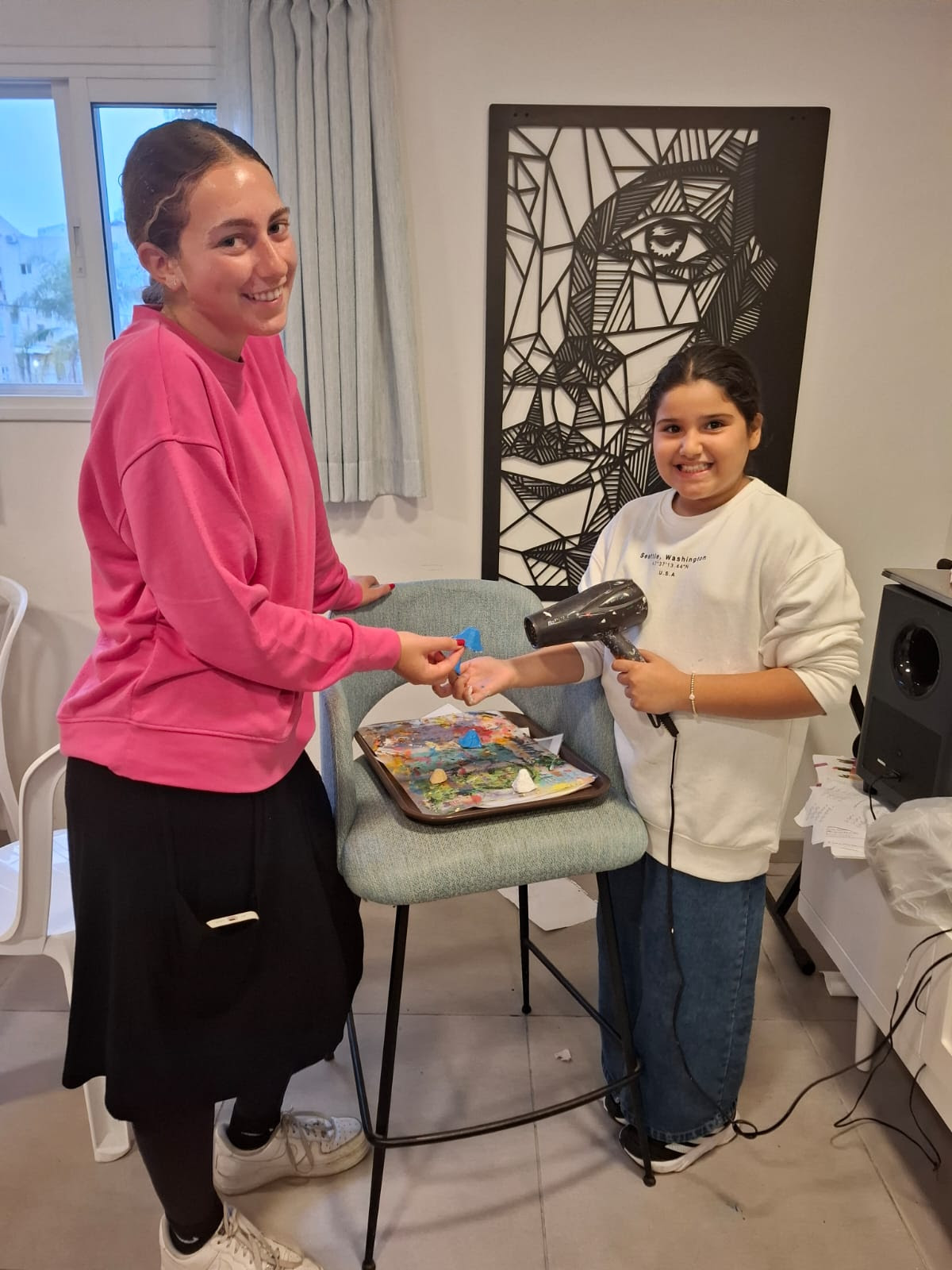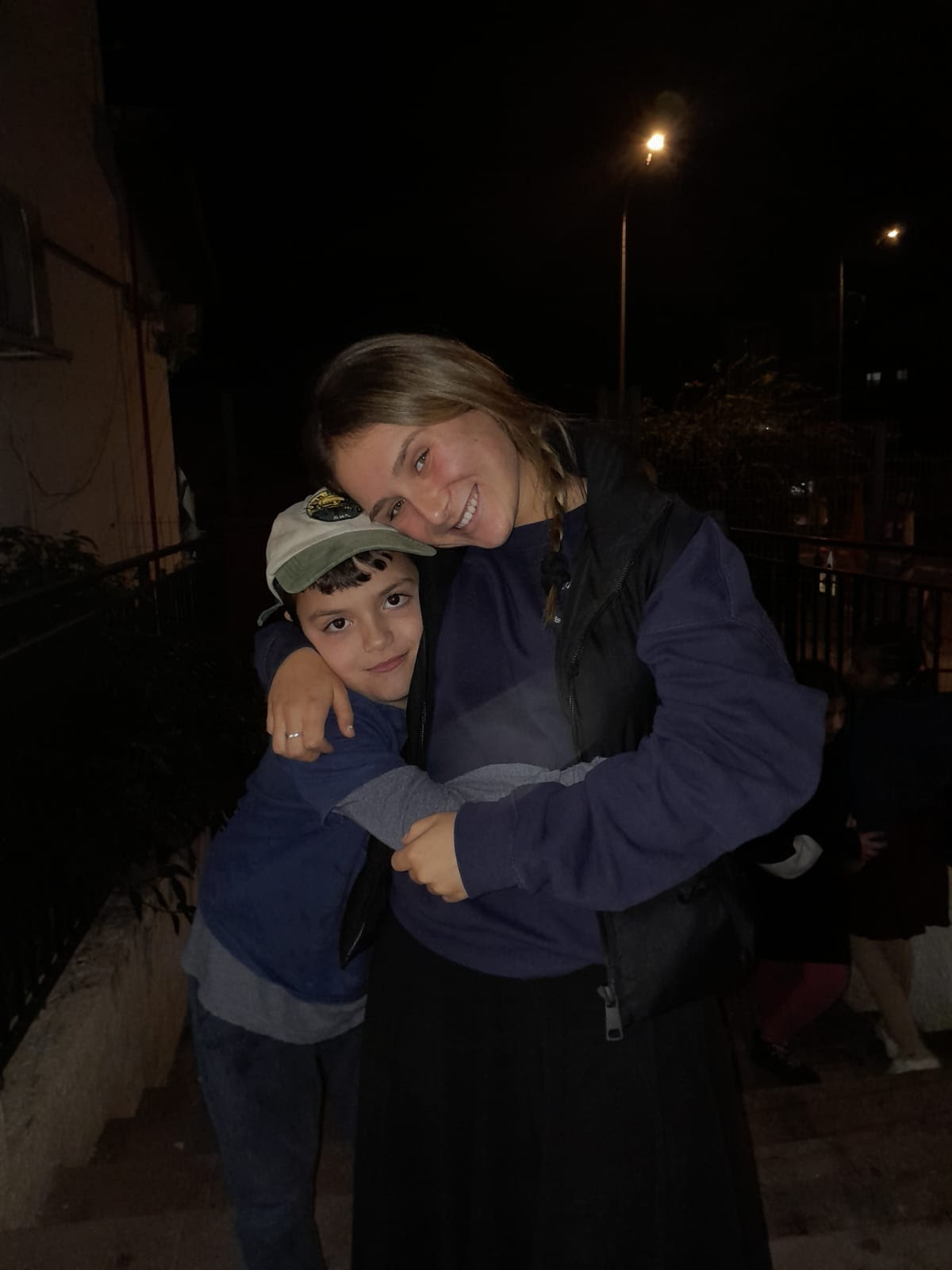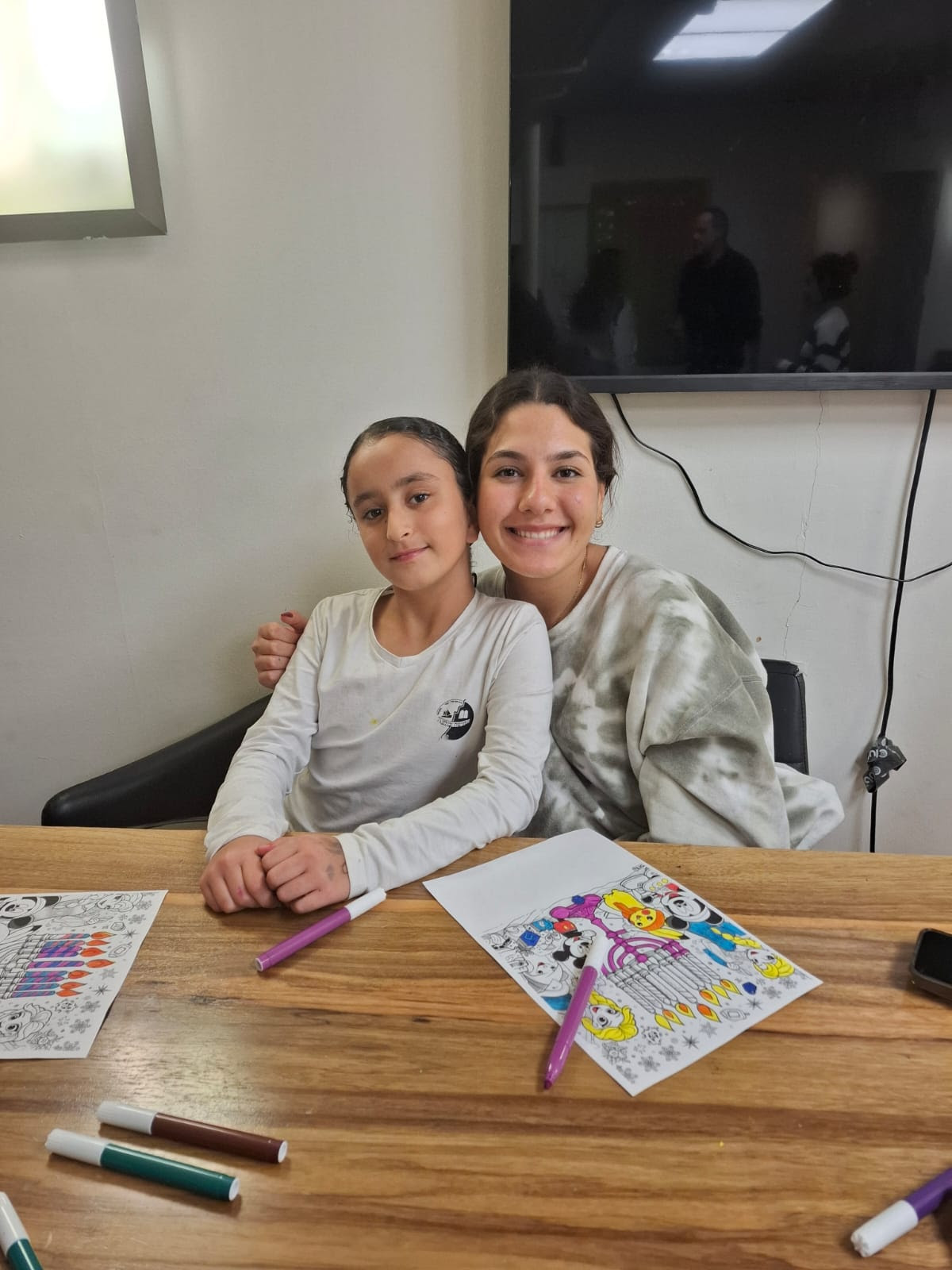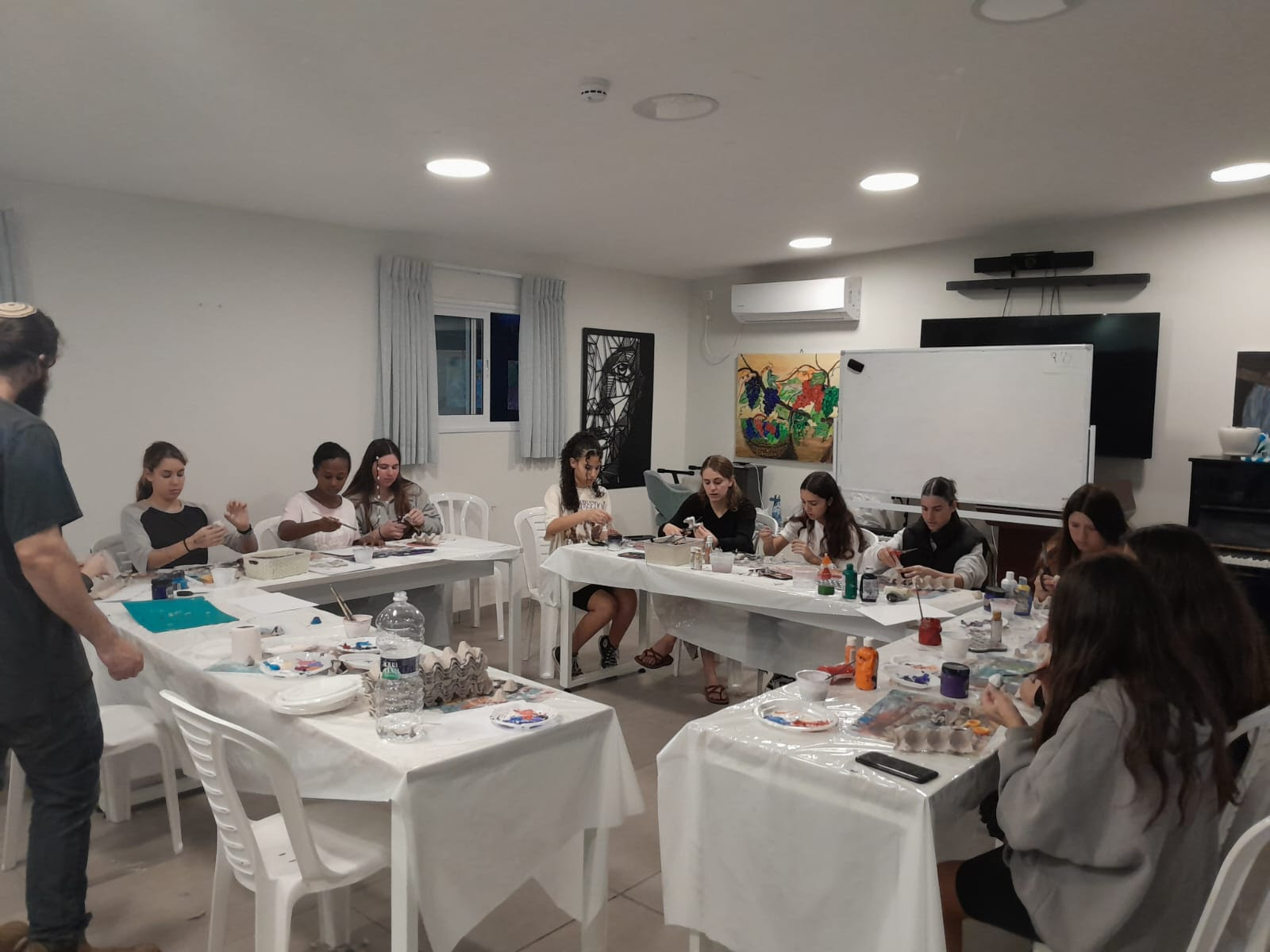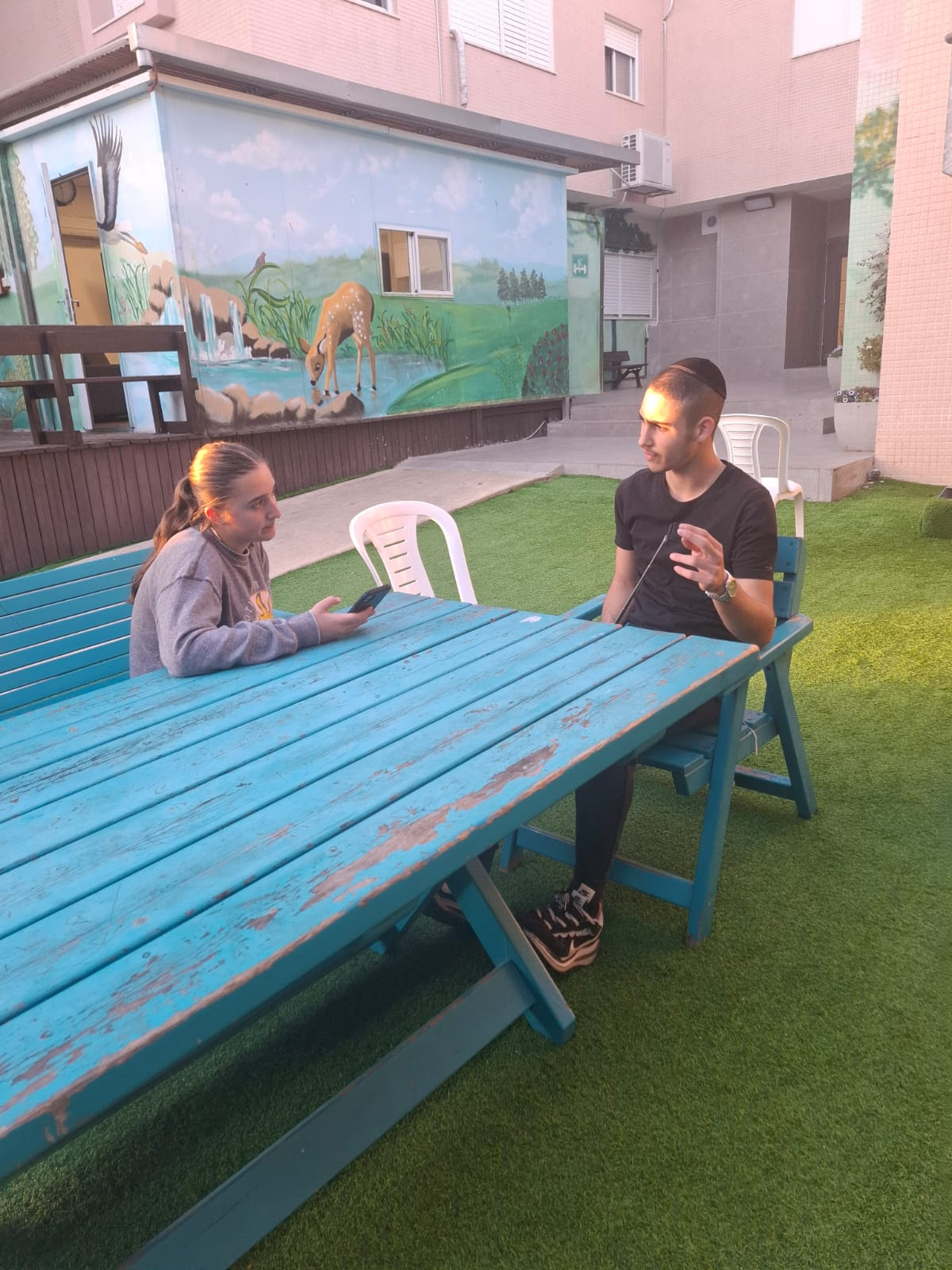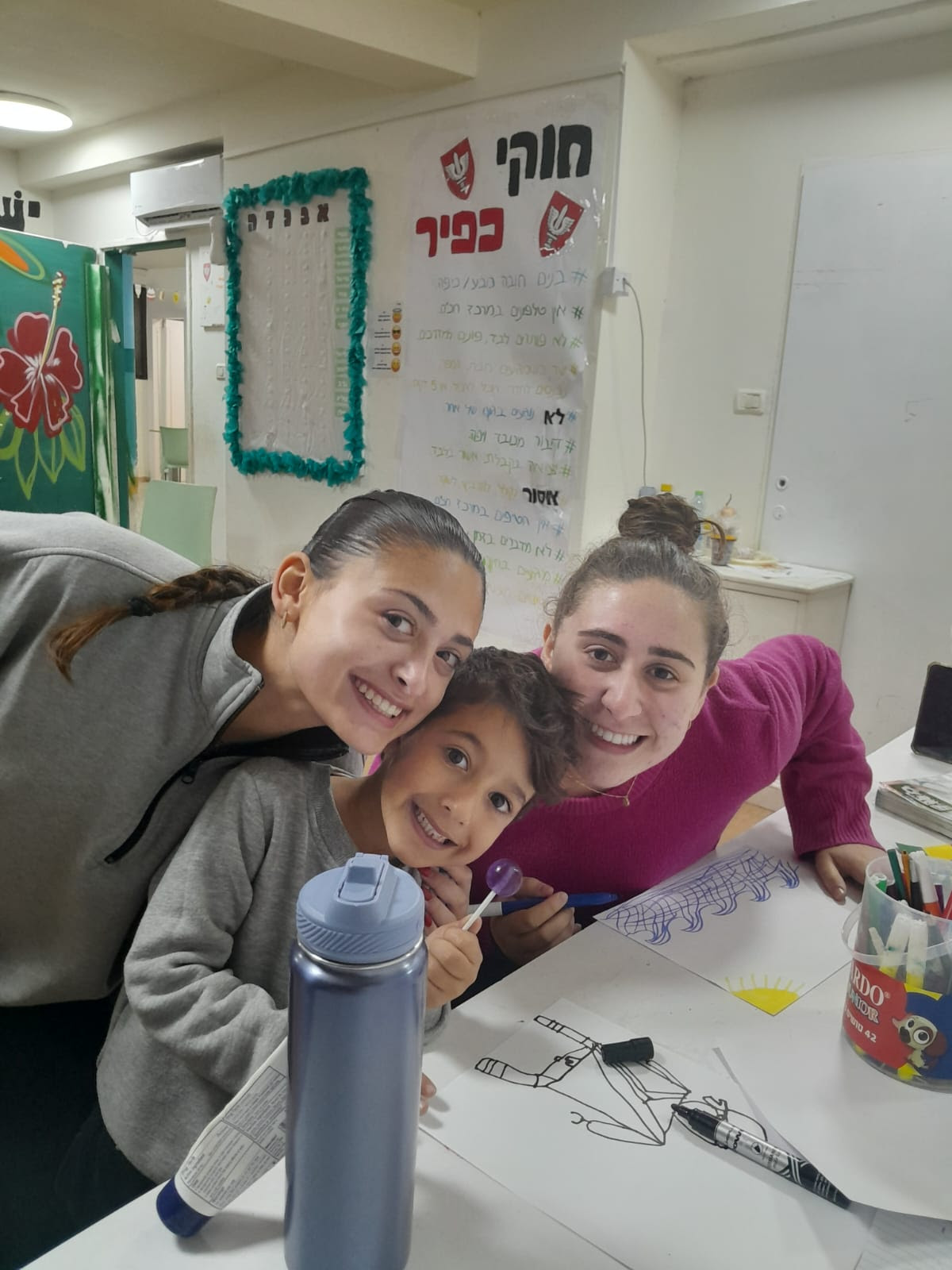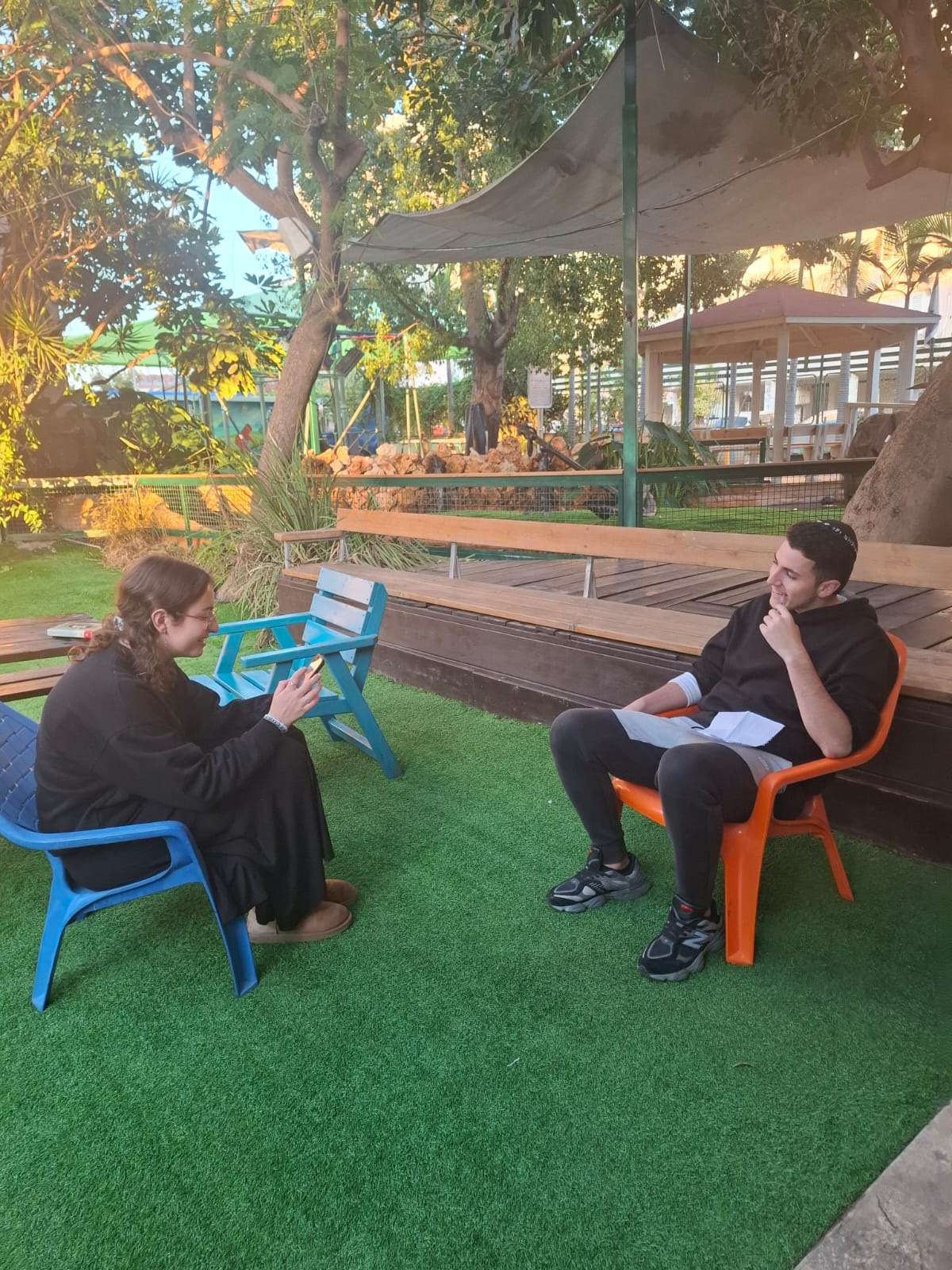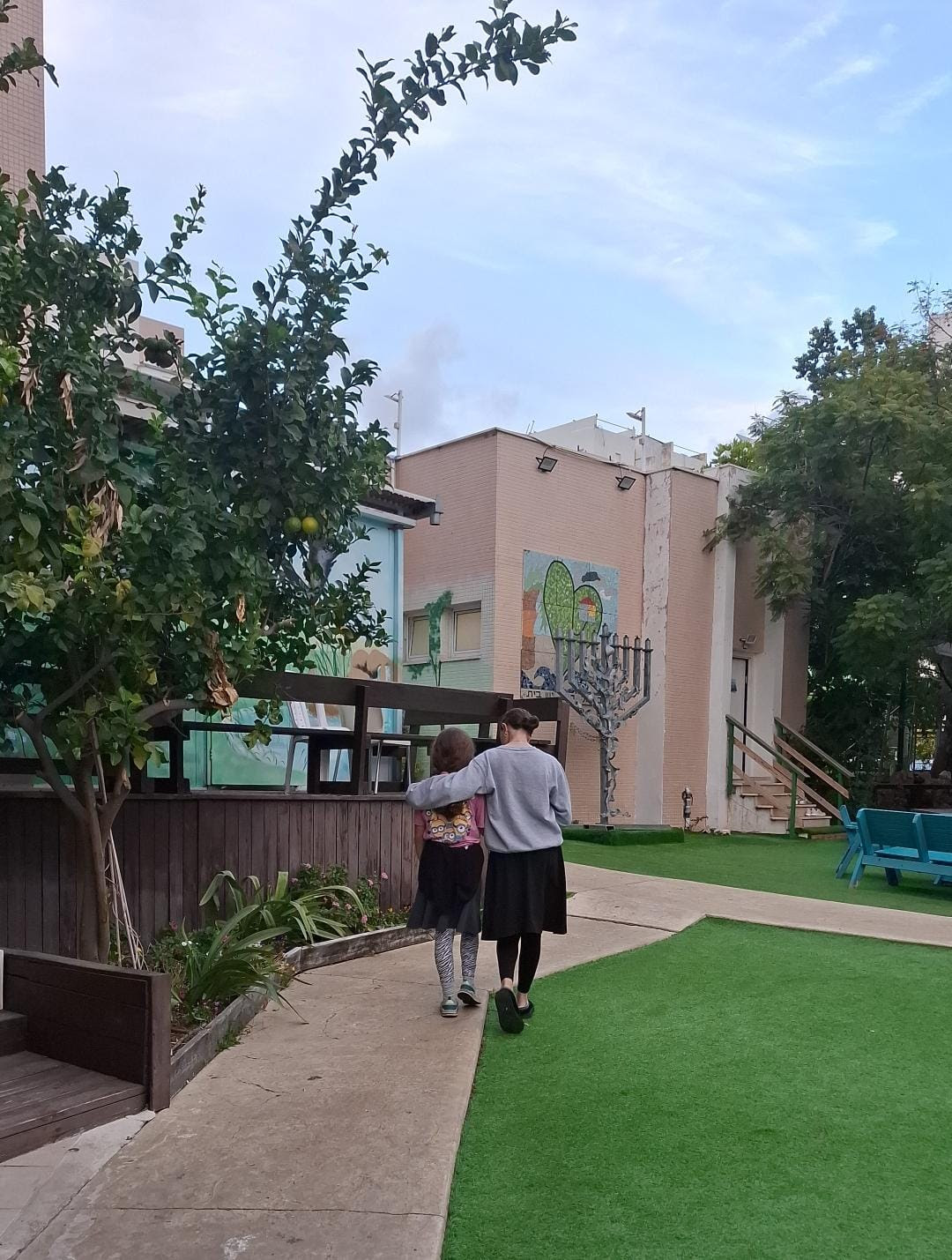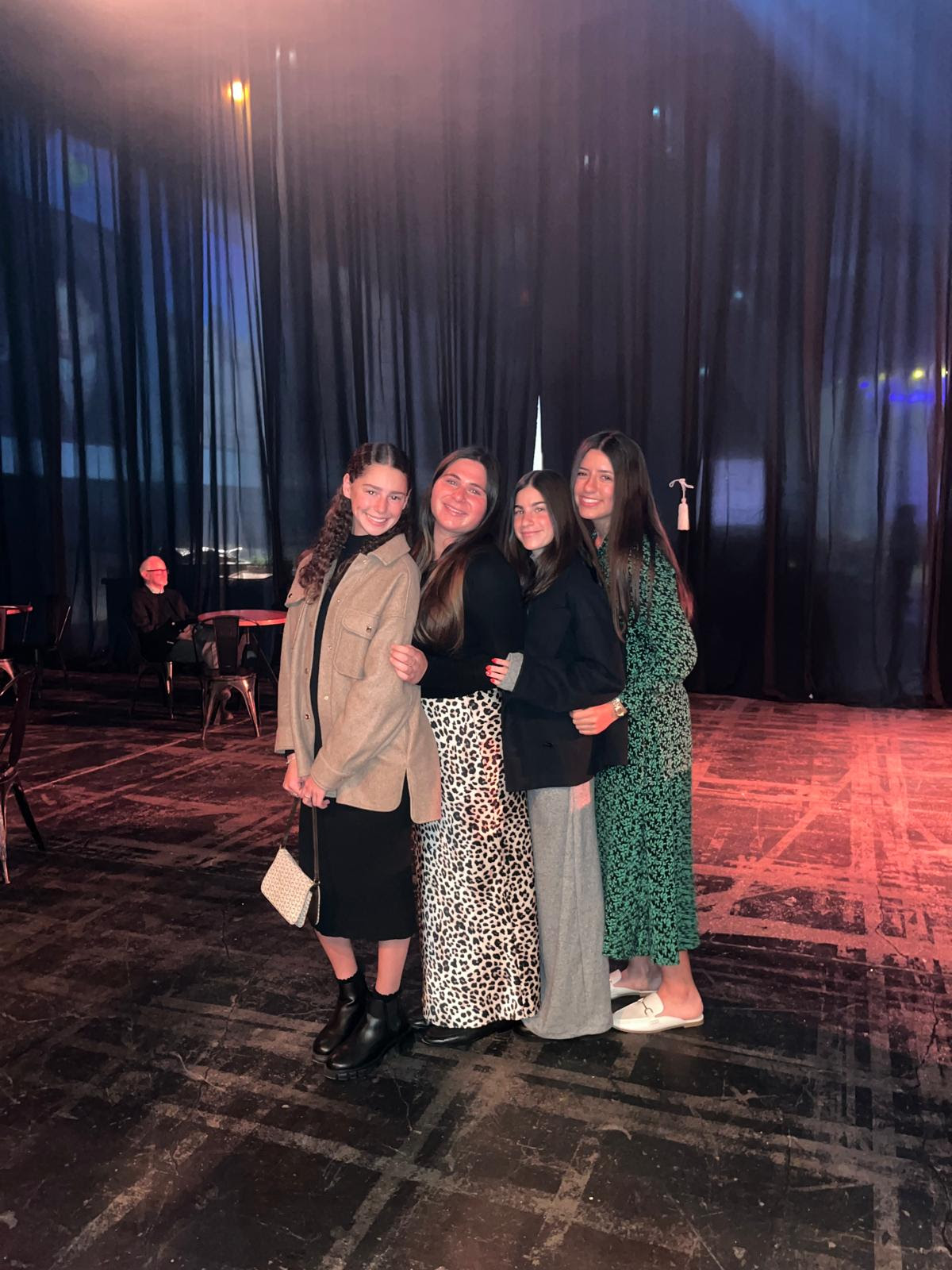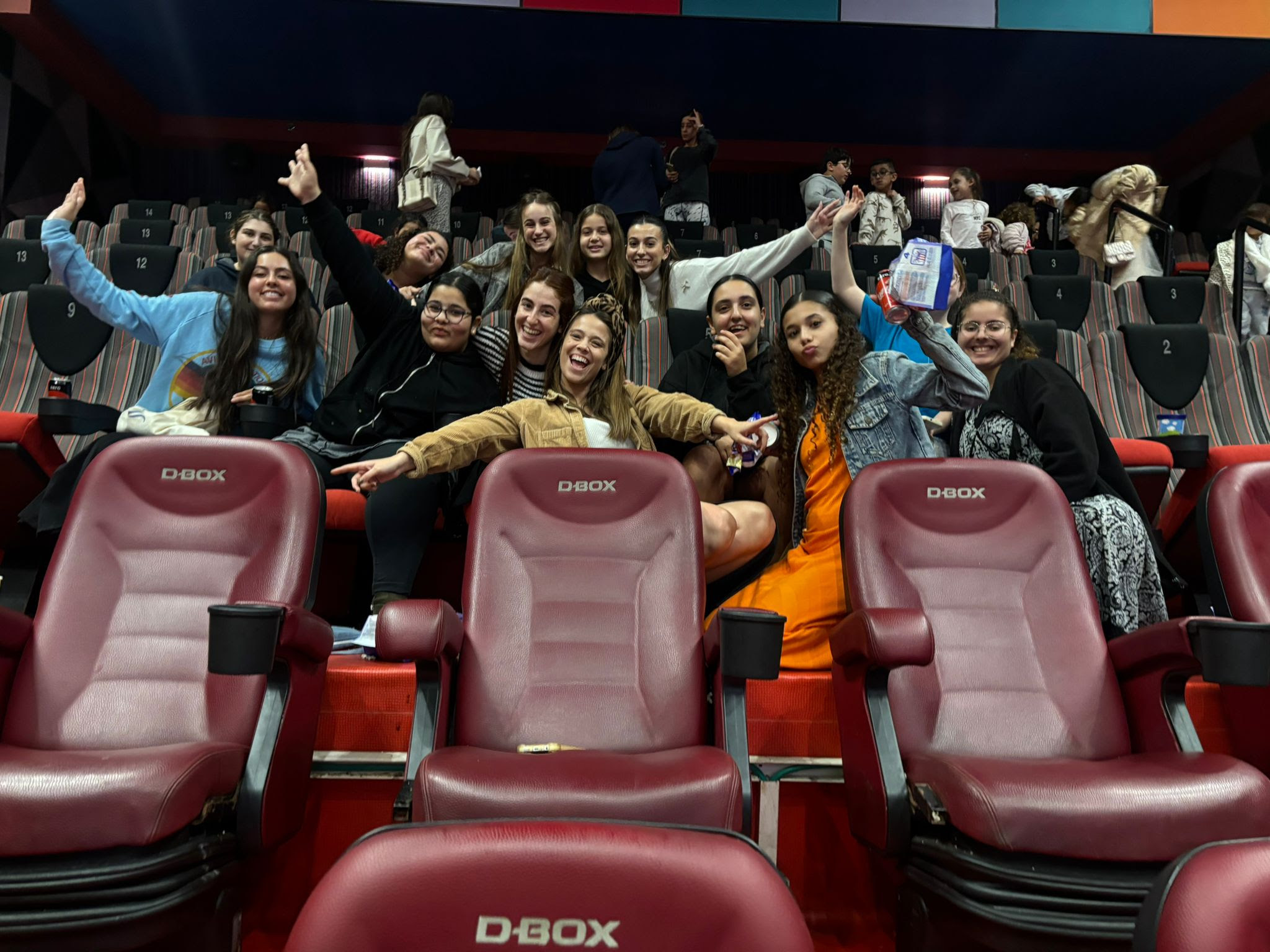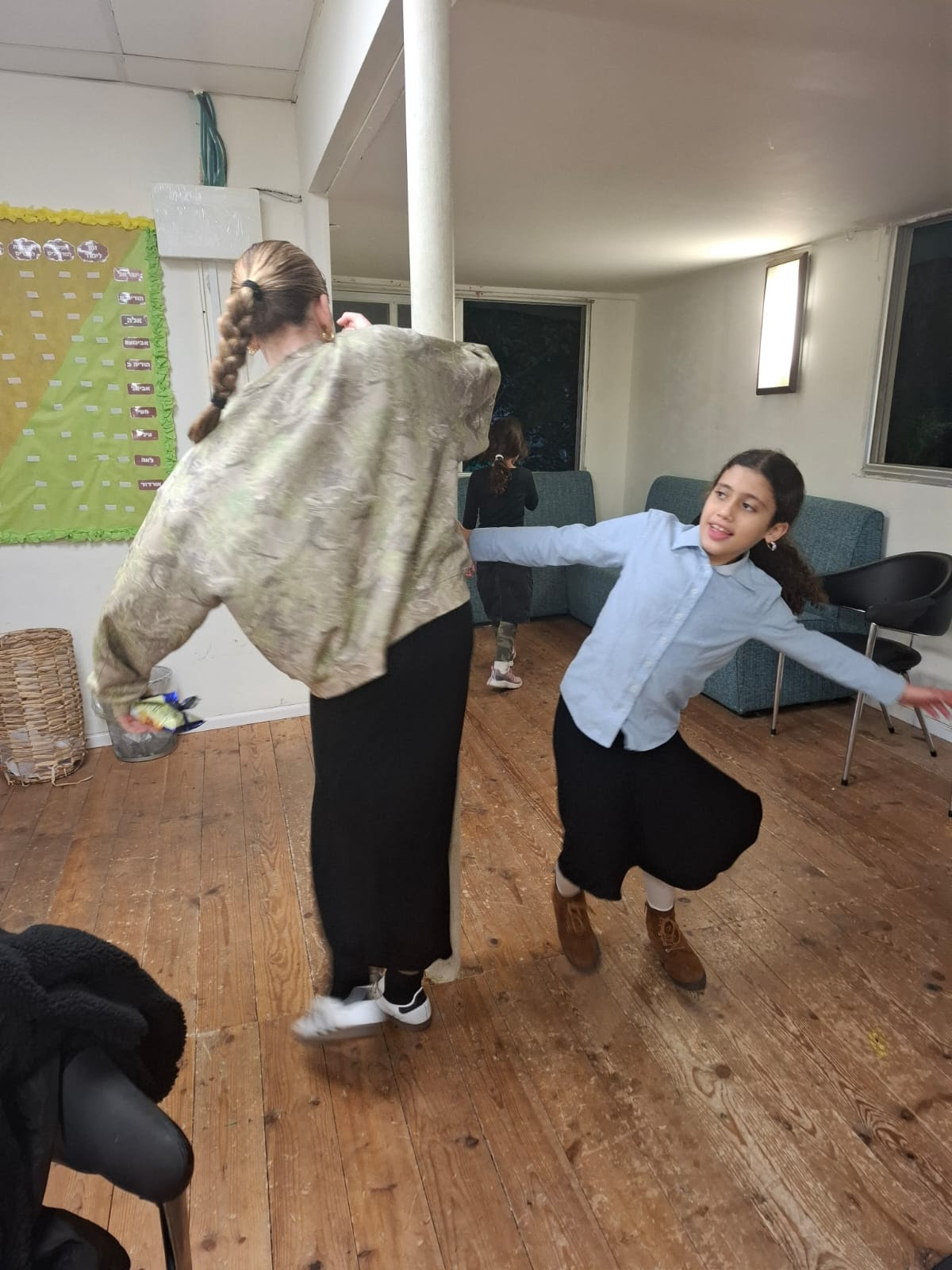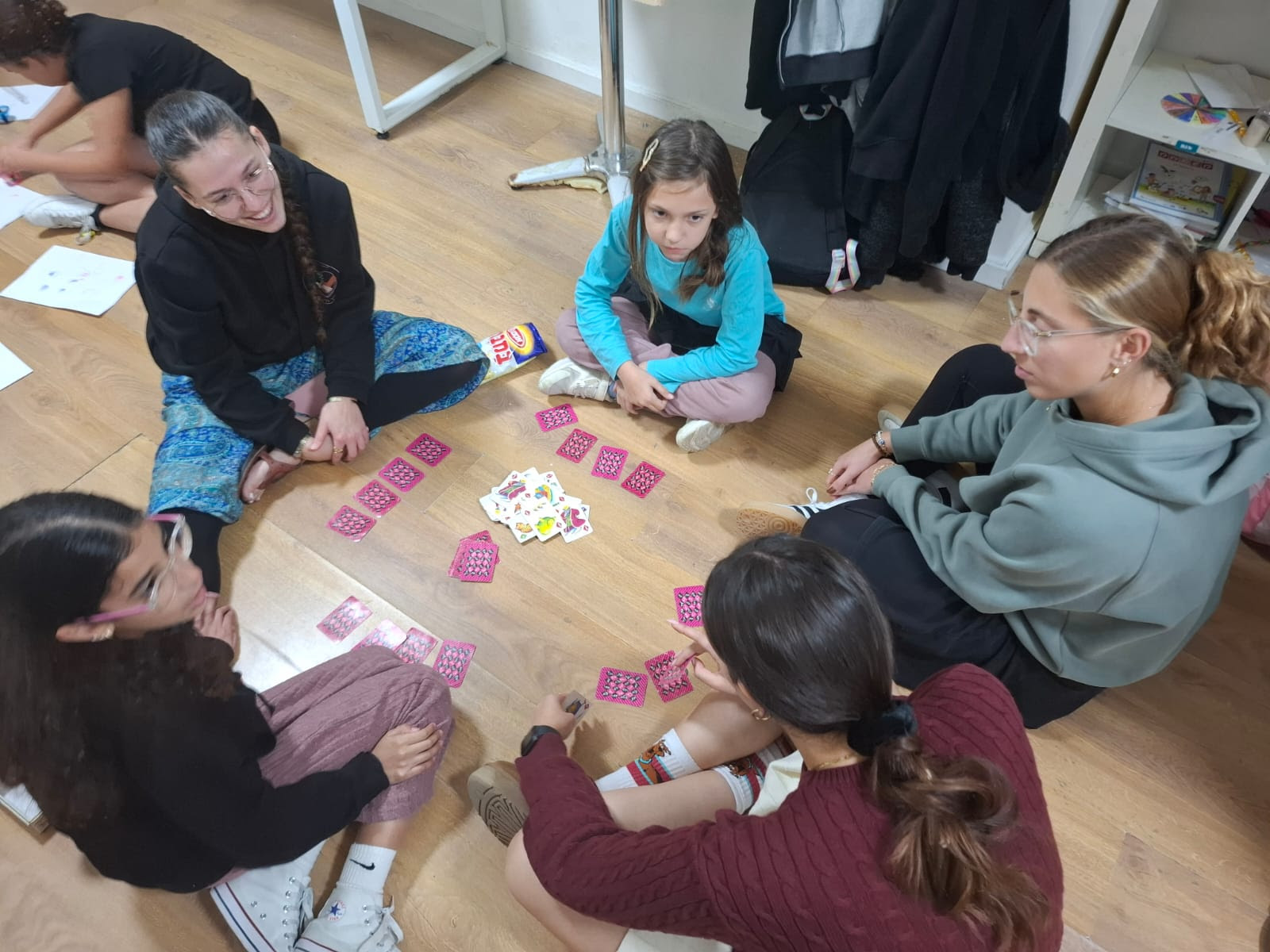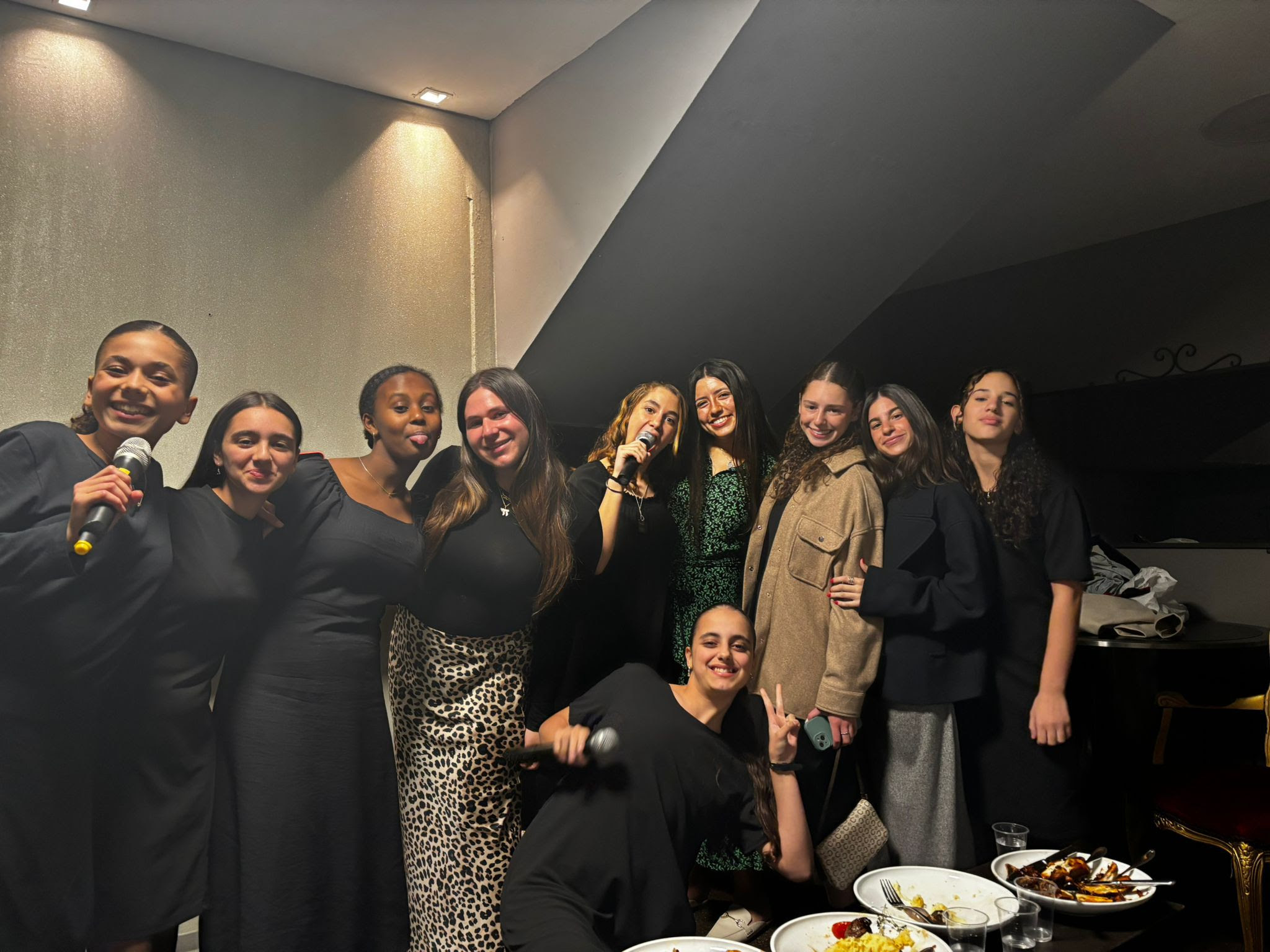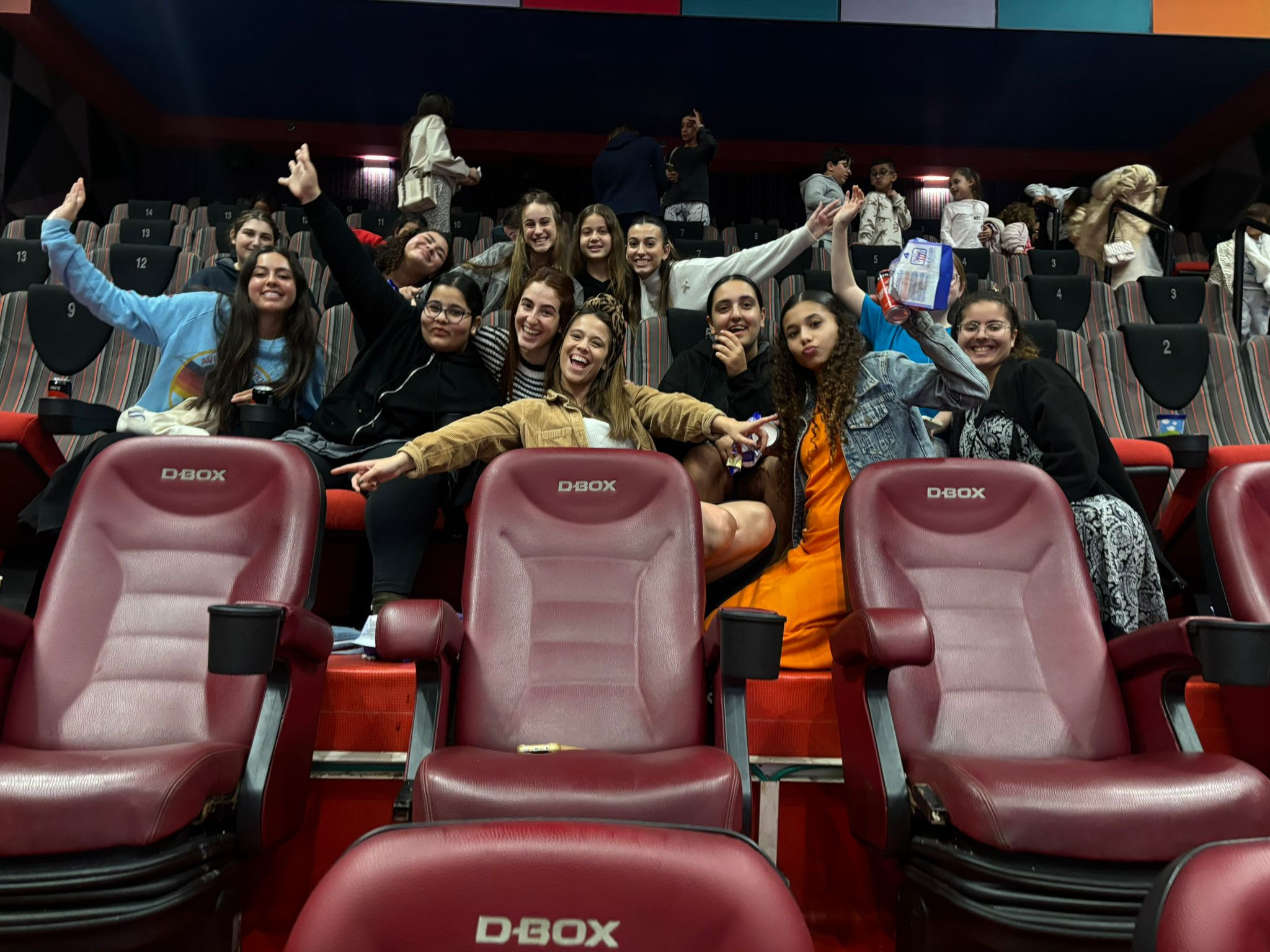
18 Dec MTC Highlights: Parshat Vayeshev
Lani Margolias - Educator
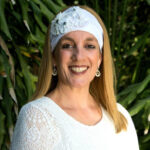
Studies show that over 70% of teens are not happy with the way they look, and that percentage increases as they get older, especially with women. When did looks and the emphasis on appearances become a focus in our society? The truth is, that this culture was sparked by the Ancient Greeks.
But doesn’t Judaism value beauty and hold it in high esteem?
In this week’s portion, the Torah describes Yosef as someone who had “handsome features and a beautiful complexion. “It speaks of the beauty of our Matriarchs, and delves into the physical beauty of both the Tabernacle and the Temple. There is also the concept of performing commandments with added beauty, and we go to great lengths to beautify our shuls, and our Shabbat and holiday tables. Why was there such strong opposition within Judaism towards the Greek culture?
The answer lies in the difference between the source of beauty within Judaism and the Greek culture. The Greek’s ultimate value was beauty, in all forms – art, the human physique, an aesthetic environment. They spread their philosophy all over the world, yet when they reached Israel, they were met with incredible resistance, resulting in the battle of Chanukah.
This was a battle between beauty and holiness. The Greeks saw holiness in beauty while the Jews saw beauty in holiness. Beauty is found in harmony and symmetry. The Greeks valued the breathtaking harmony displayed in physical beauty, but they failed to see the deeper spiritual dimension that transcends this world. Judaism however, views the ultimate beauty as the harmony between the physical and spiritual worlds. We appreciate physical beauty not as a value in it of itself, but rather when it’s used to enhance the holy.
In fact, the Hebrew word for the Greece is Yavan, יון.When you write it out, the word is actually very beautiful and symmetrical. A short line then a longer one and a longer one. However, at the same time, these are the only three letters in the Hebrew alphabet that don’t have any depth to them. Ultimately there is something superficial about its beauty. However, if you take the Hebrew letter that represents righteousness and values, the letter tzadik, and place it in front of the word yavan, what does it spell? Zion, ציון.
This is the difference between the Jewish definition of beauty and theirs. We value beauty! Jerusalem and the Temple were breath-taking in their beauty. But it’s a beauty used to connect to higher values, to meaning and spirituality.
The Jewish people won the battle on Chanukah over 2,000 years ago, but the war continues today. There are billion-dollar industries telling our children what they should look like and what ‘s considered beautiful. Their self-image is constantly in question, because they just can’t compete with the billboards and the unrealistic standards placed on them.
Chanukah is the time to teach our family and the world the true definition of beauty. Looking good doesn’t necessarily mean that you are a beautiful person. Leading a life full of meaning, purpose and values, that’s what real beauty is all about. This Chanukah let your family and friends know how beautiful they really are, and let your inner light shine and celebrate what’s truly beautiful.
Shabbat Shalom and Chanuka Sameach!
Student Reflection
Brianna Feldman - West Hempstead, NY - HANC, NY

MTC has become my second home, each day greeted by friends and faculty with open arms, minds, and hearts. Almost halfway through the year I have seen significant growth in myself and my peers. I’ve learnt so much in what feels like such a small amount of time. Every day filled with experiences to last a lifetime. This year has given me the ability to focus on what matters most, learn my values, and connect to Judaism in a deeper way.
This past weekend, we had the opportunity to spend Shabbat in Raanana with our teachers. Spending Shabbat with my teachers and friends has allowed me to connect with Shabbat in such a special way. Watching our role models in action revealed that they do more than just share knowledge – they inspire change, creating a connection that made the day truly uplifting.
The connections I have been able to make with my teachers and friends are truly amazing. And the relationships I’ve made with my children at Beit Elazraki are unmatchable. Each kid teaches me the true meaning of resilience, love, compassion, and so much more. At first, it was difficult to build a bond with each girl, but the effort we put in together, showing up with curiosity and sincerity has now made us family. Each smile I get when I walk in the room and each hug I get before I leave will stay with me forever. I’m extremely grateful to be a part of their journeys and to have them be a part of mine.
The opportunity to study at MTC and volunteer at Beit Elazraki is transforming me, helping me deepen my connection to myself, others, and Hashem in meaningful and impactful ways. Thank you MTC for making this year happen!!!


